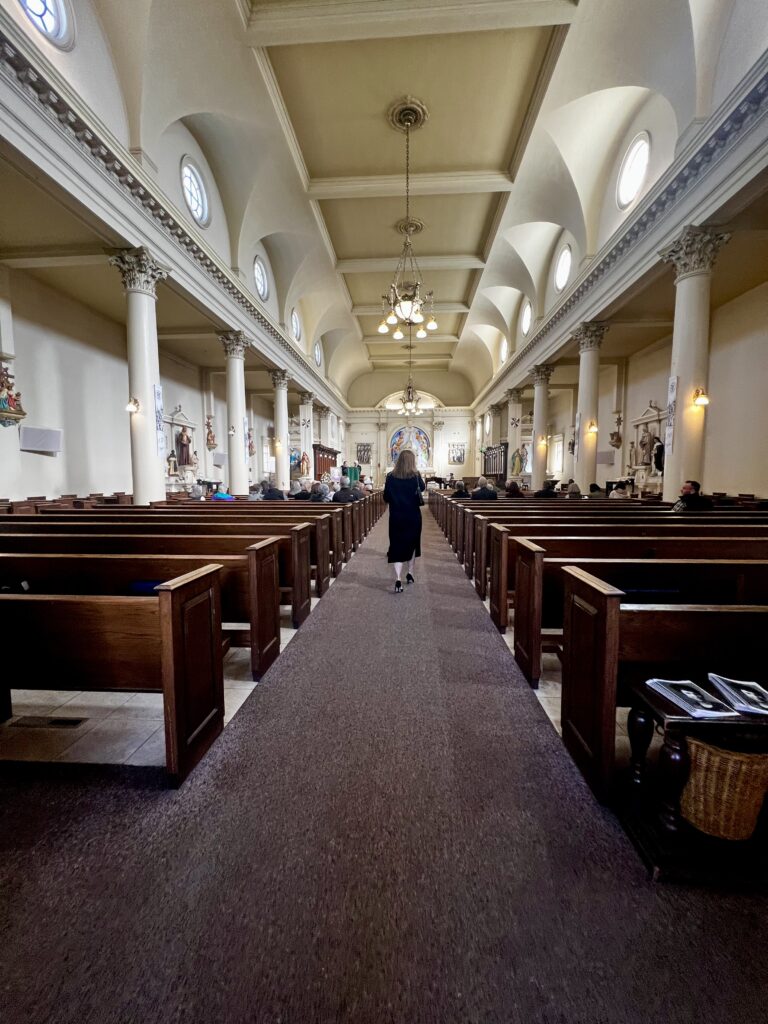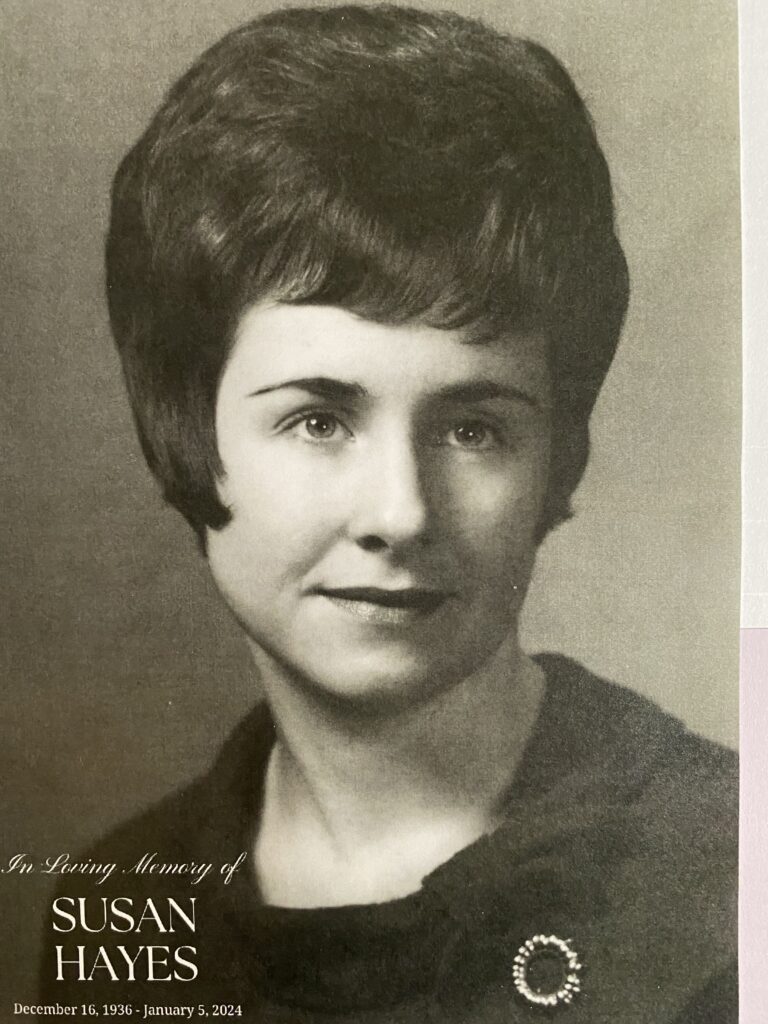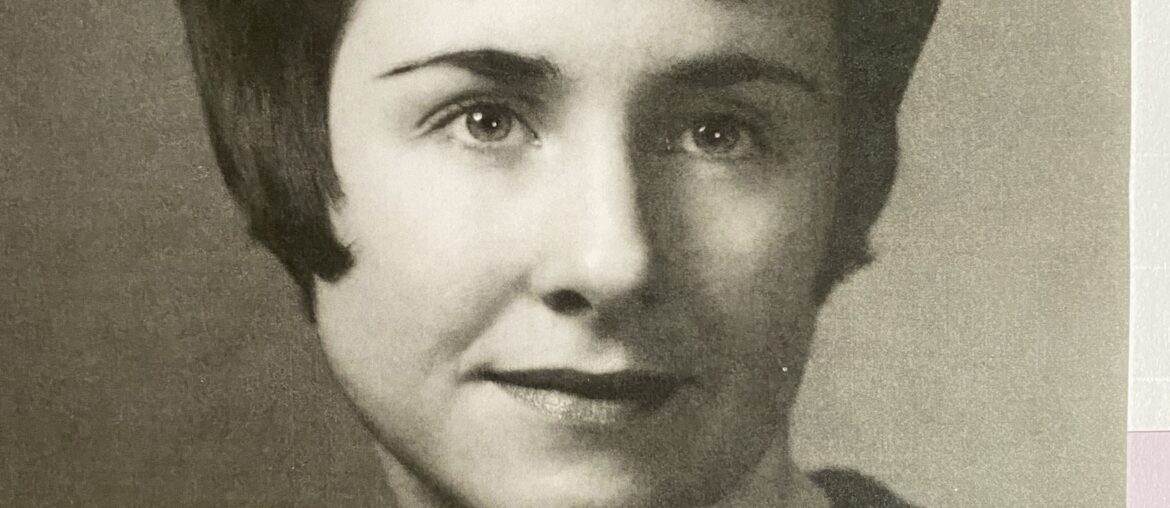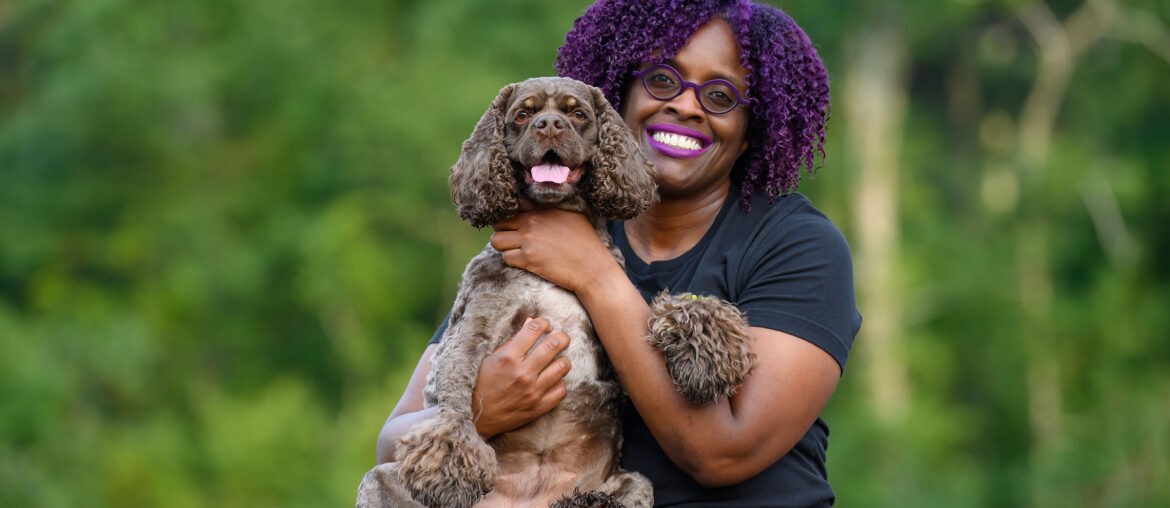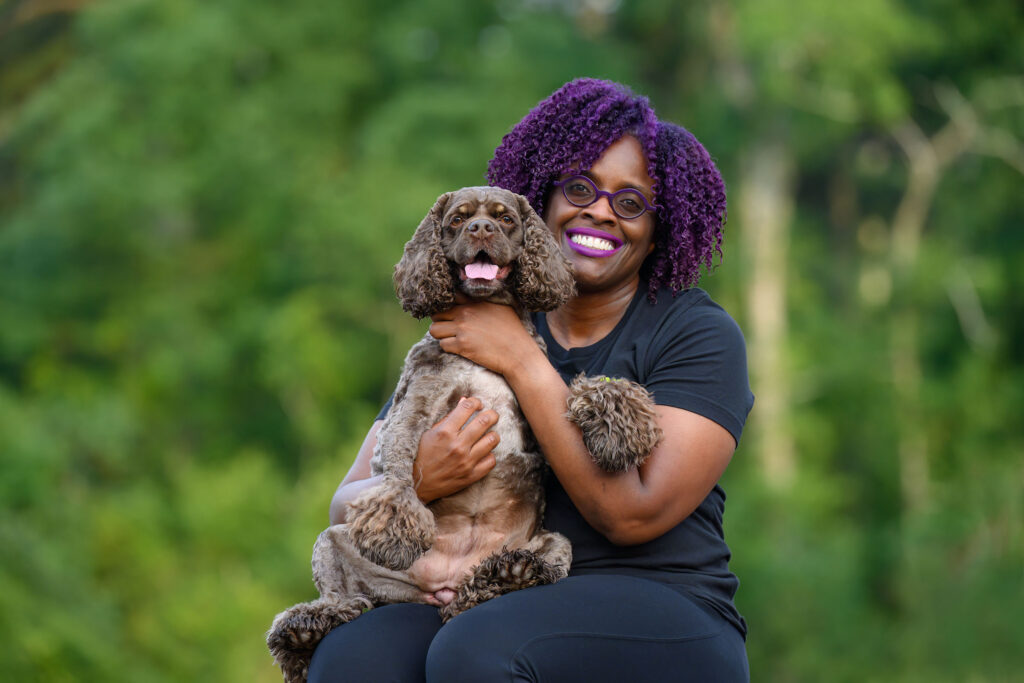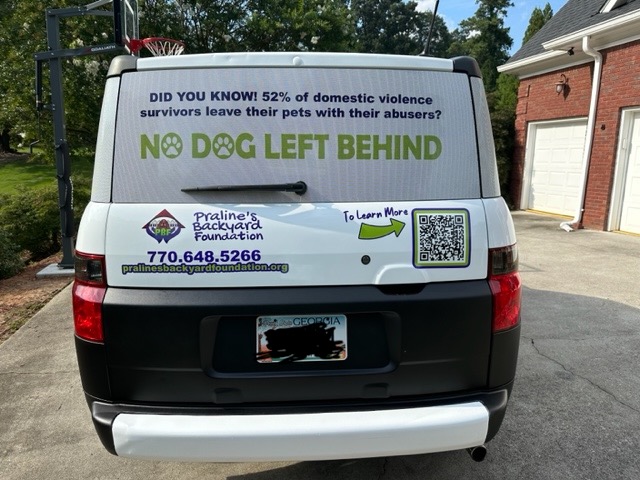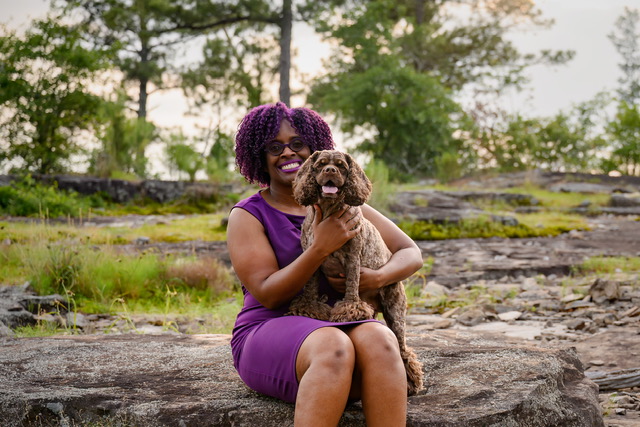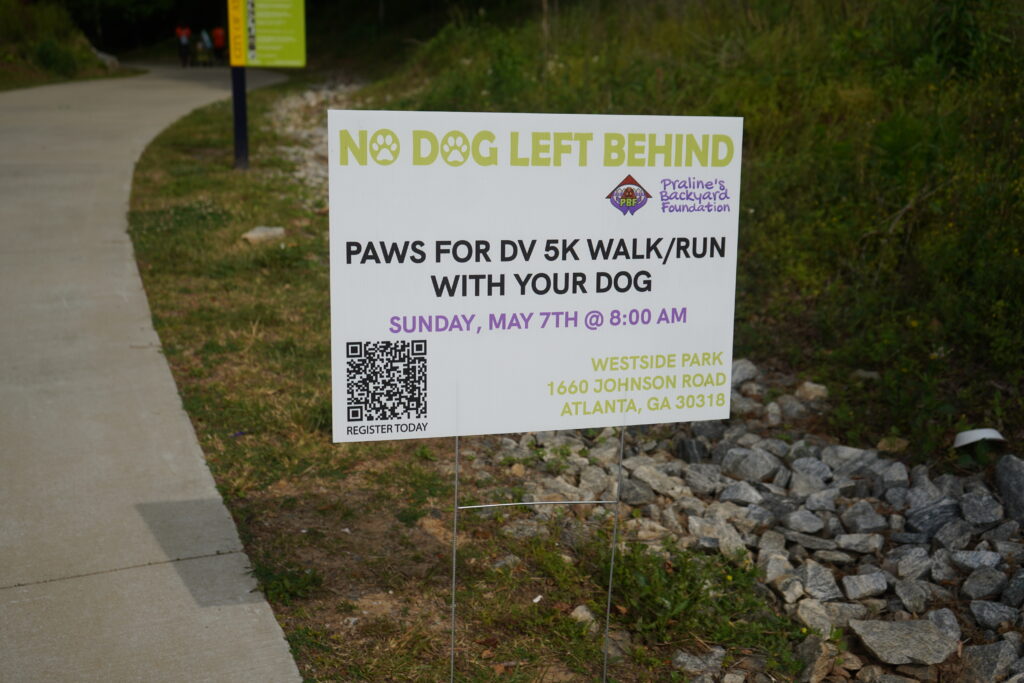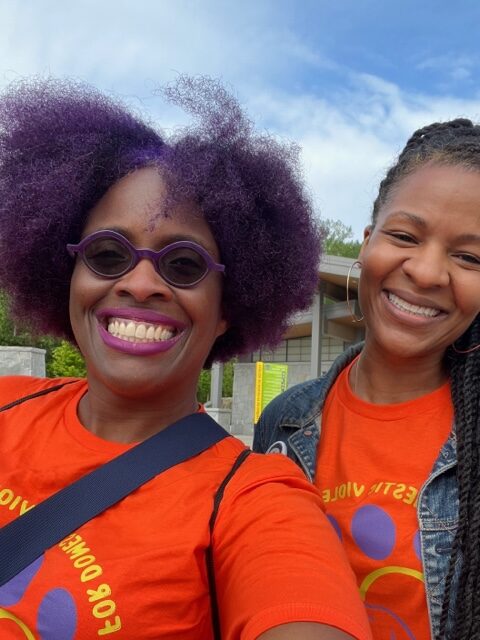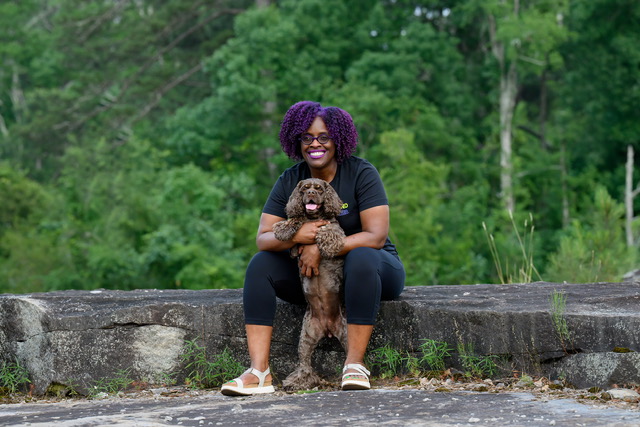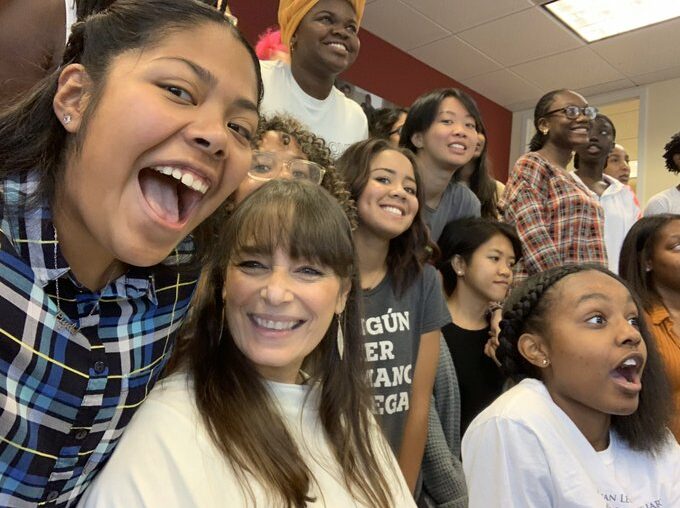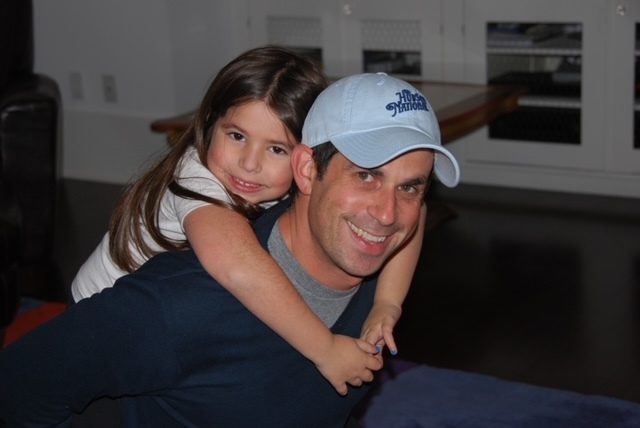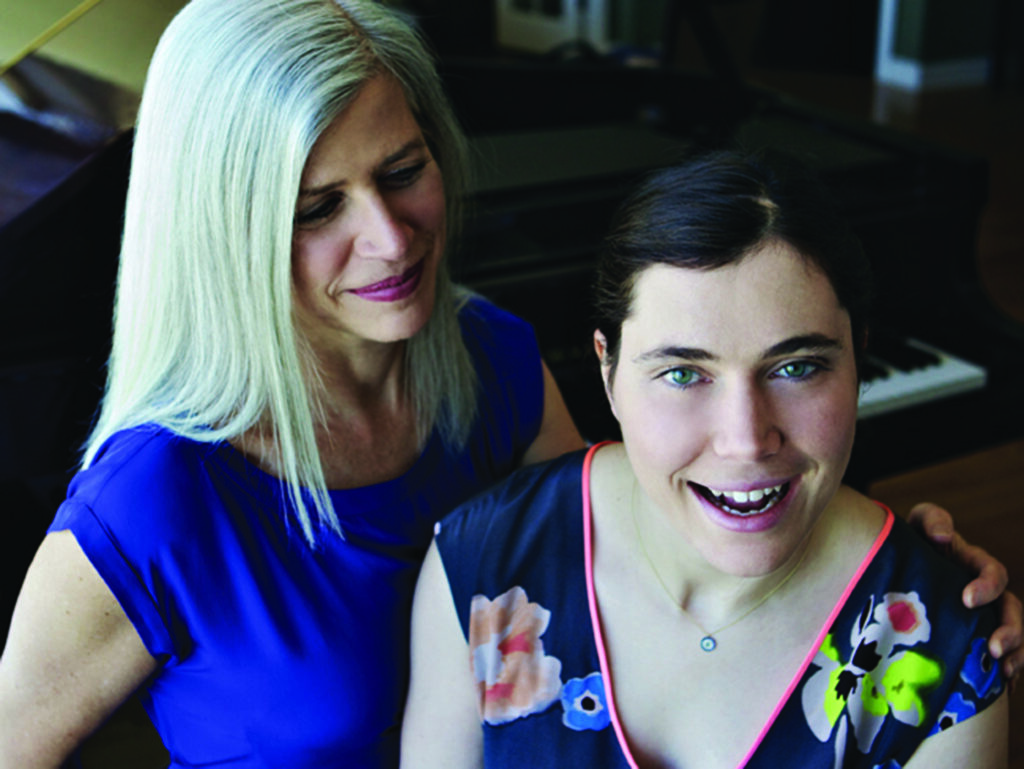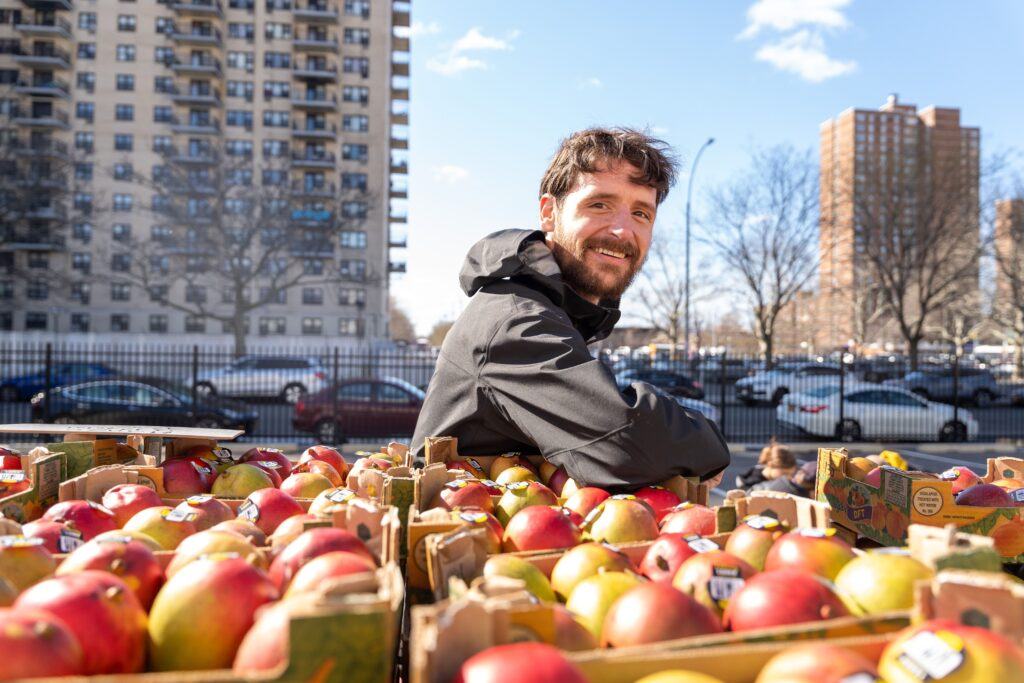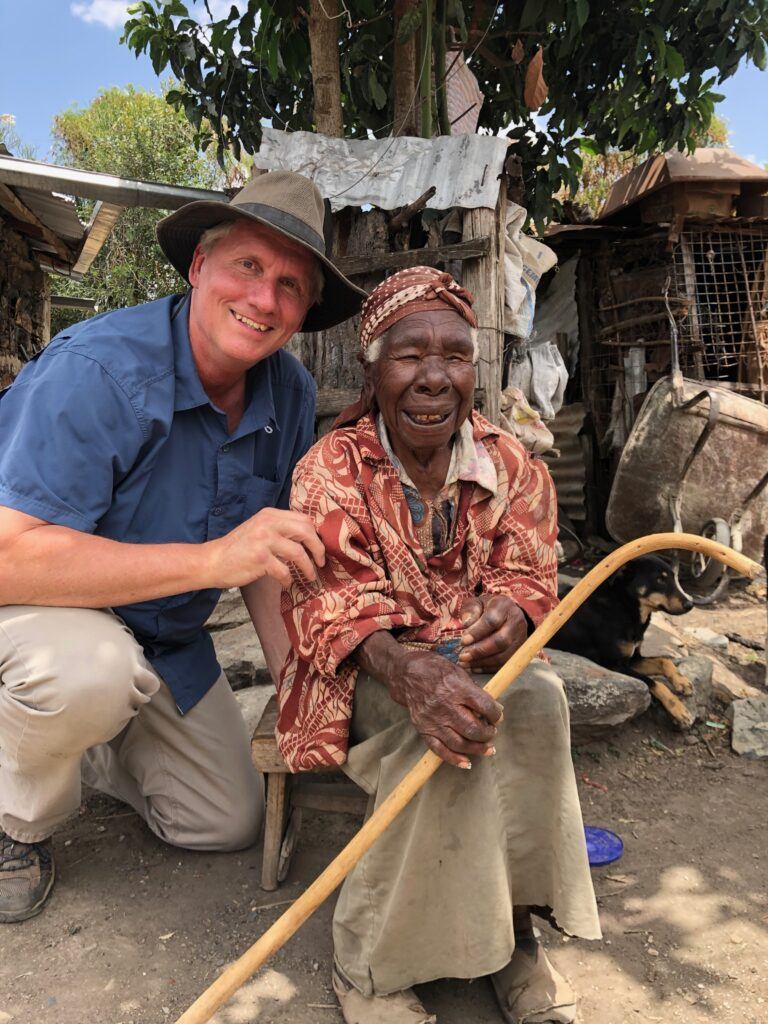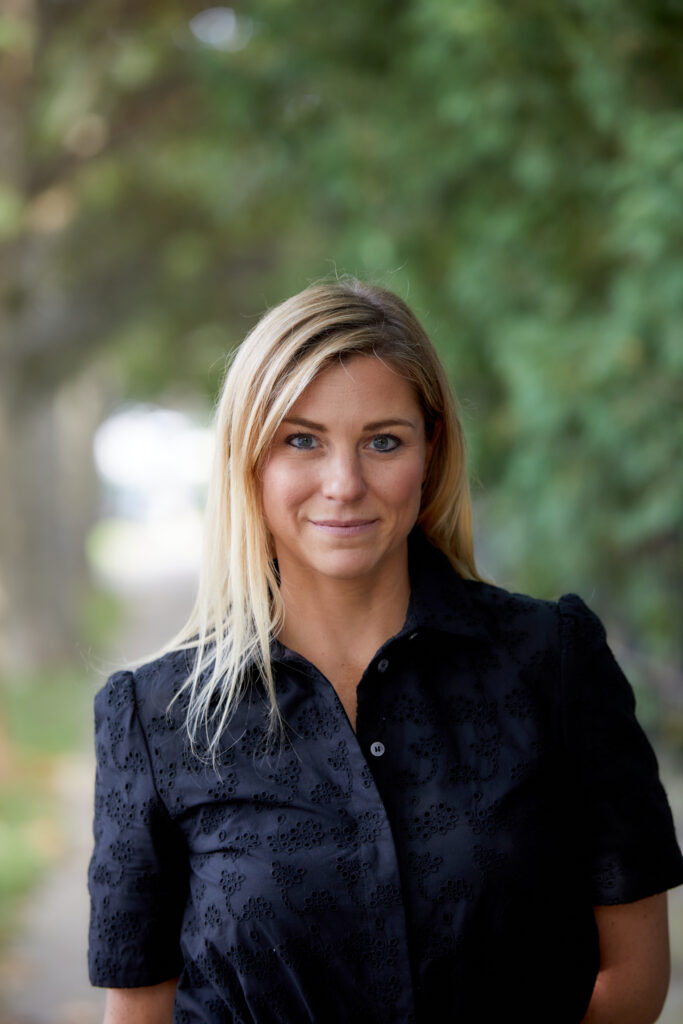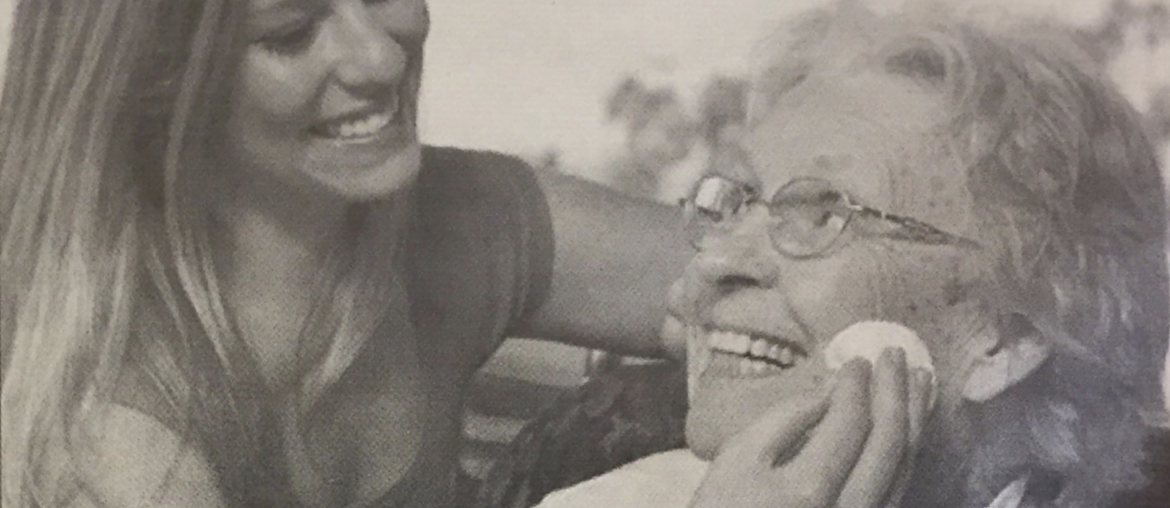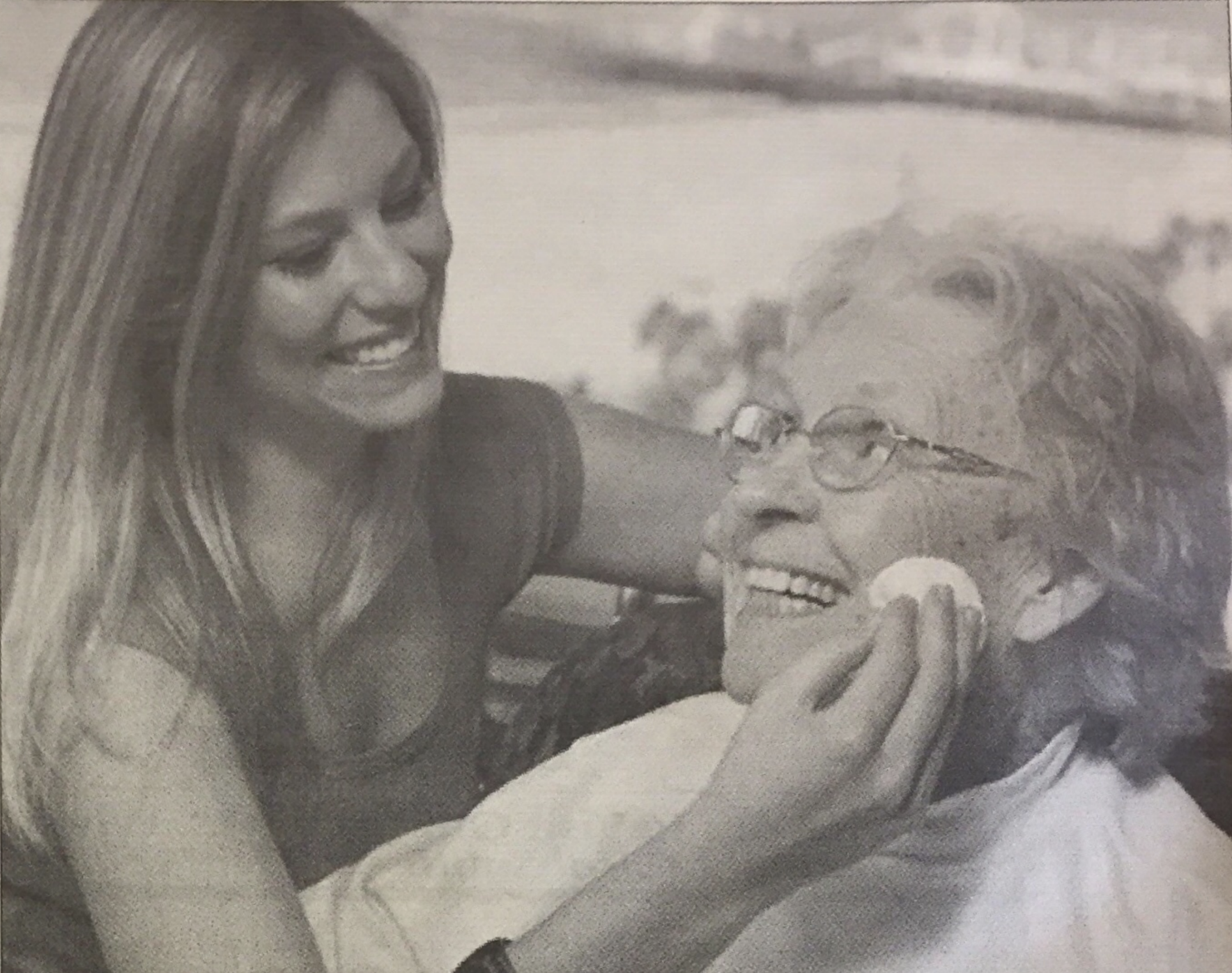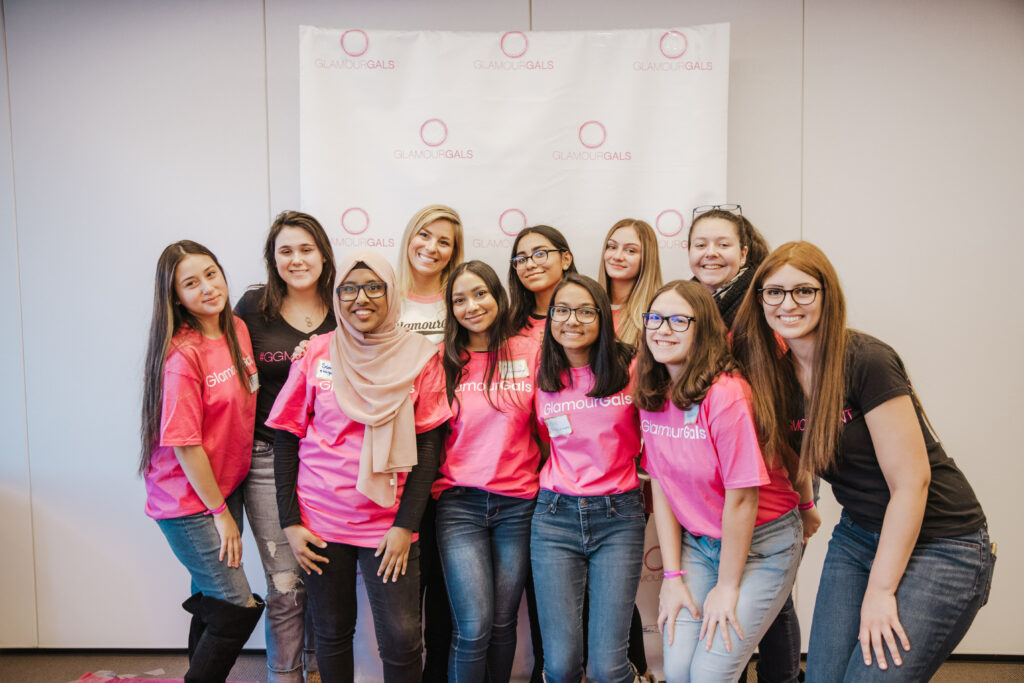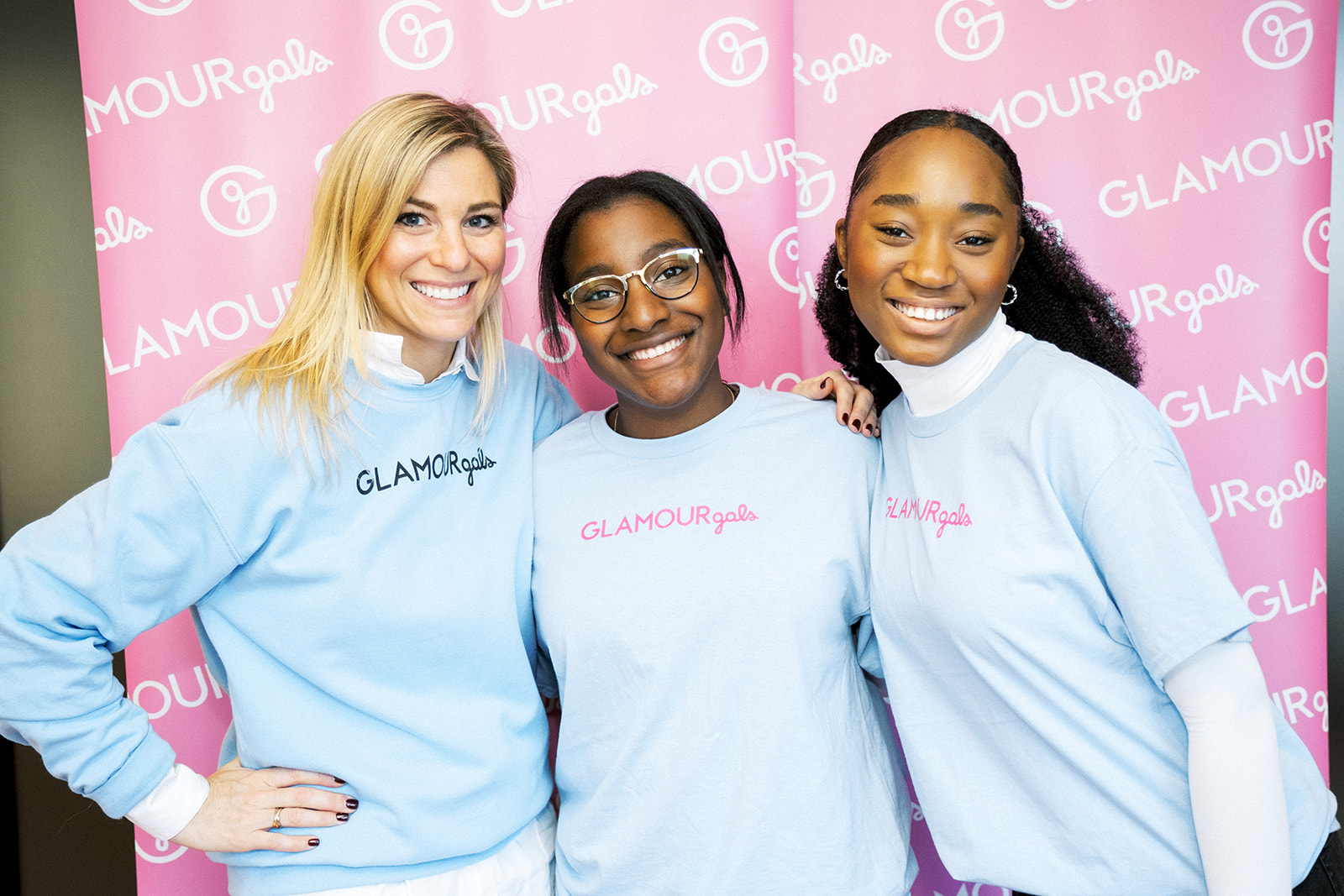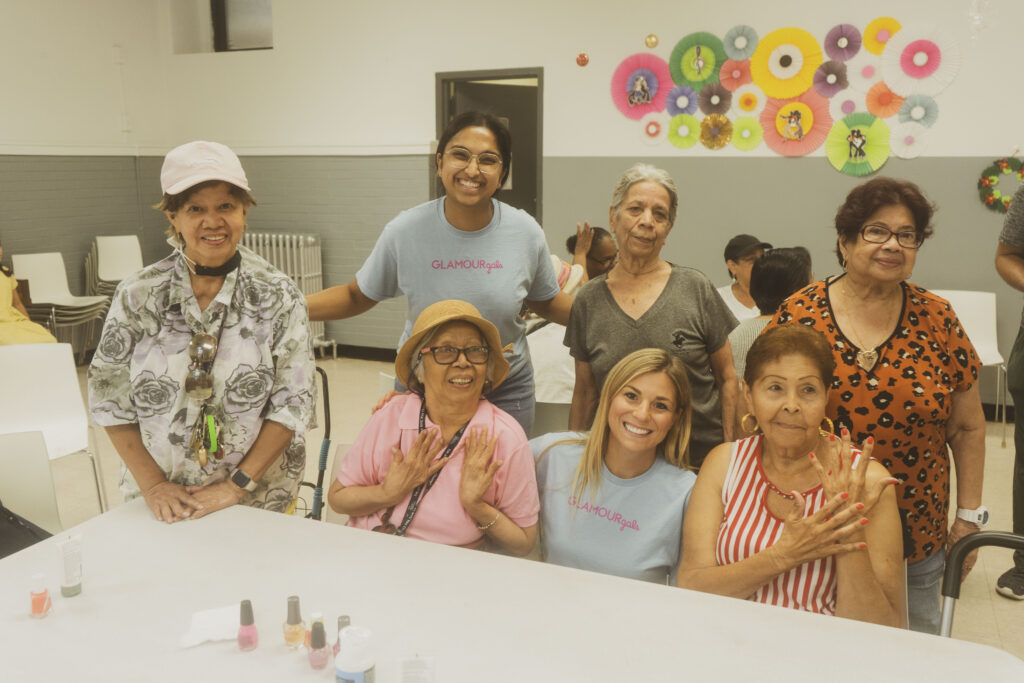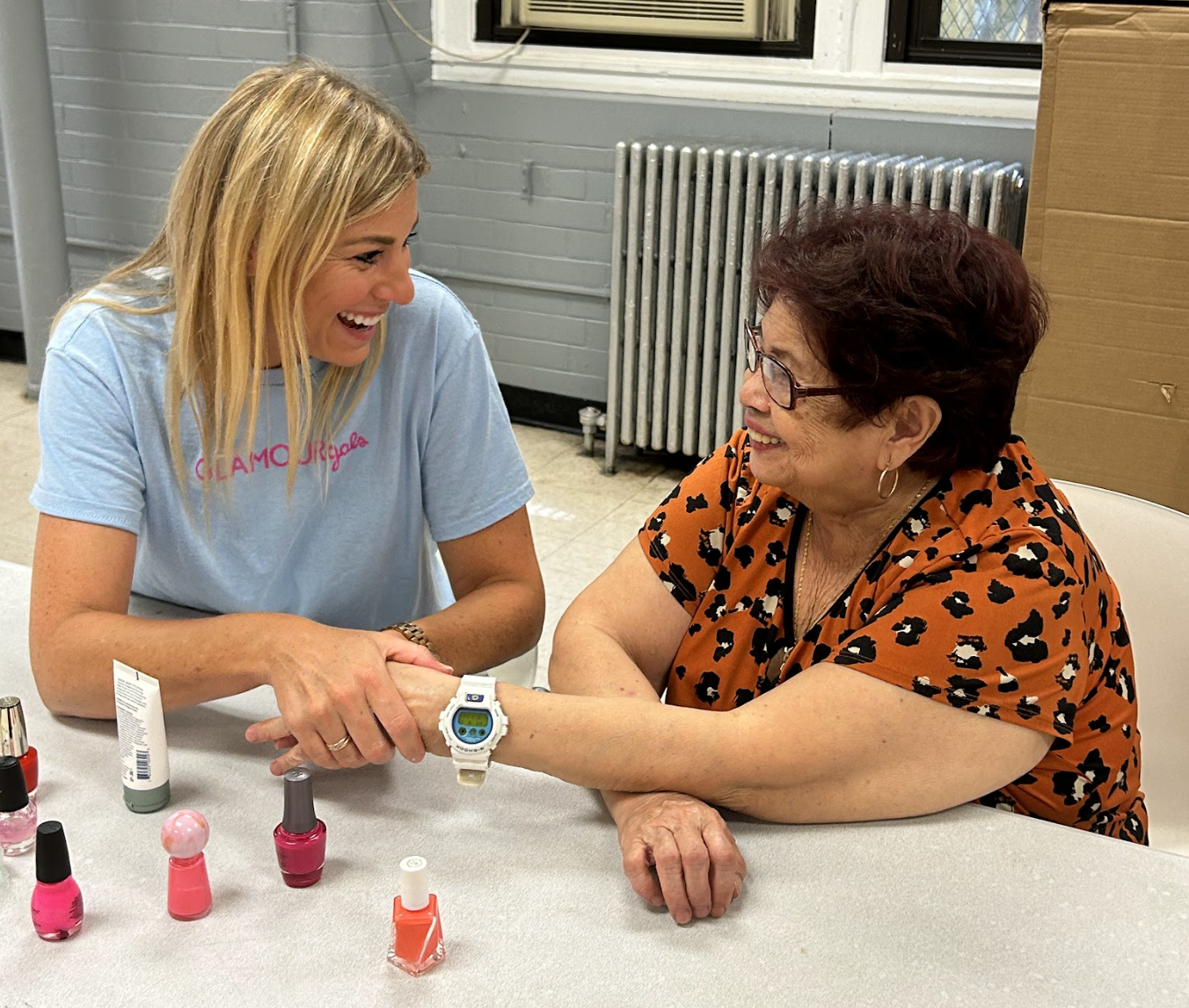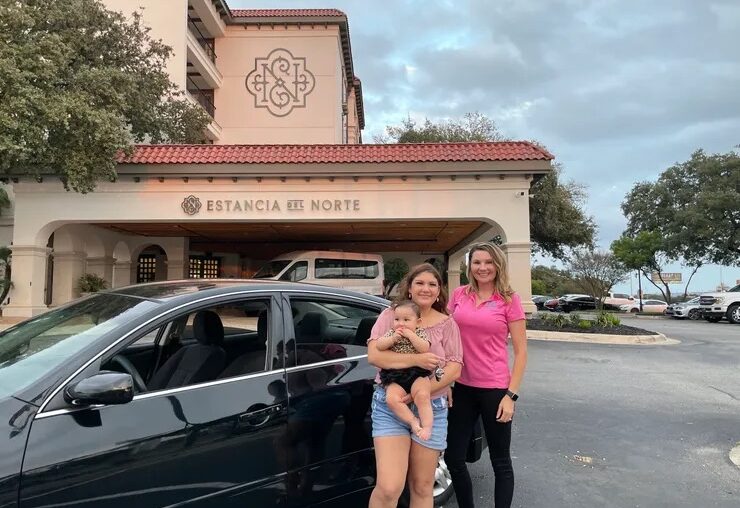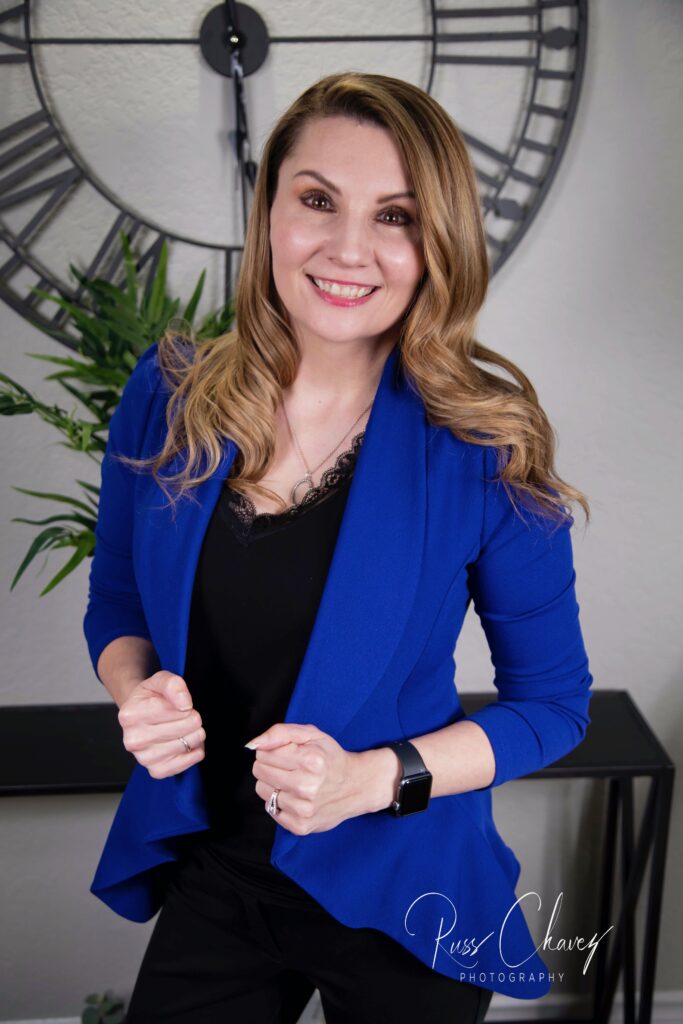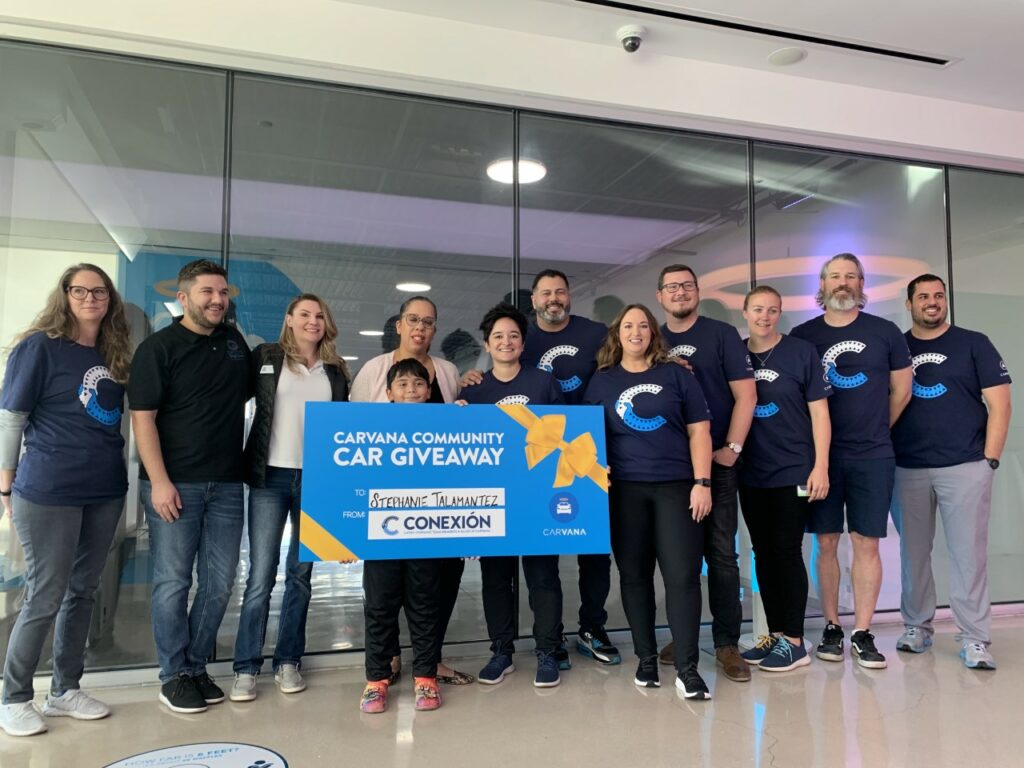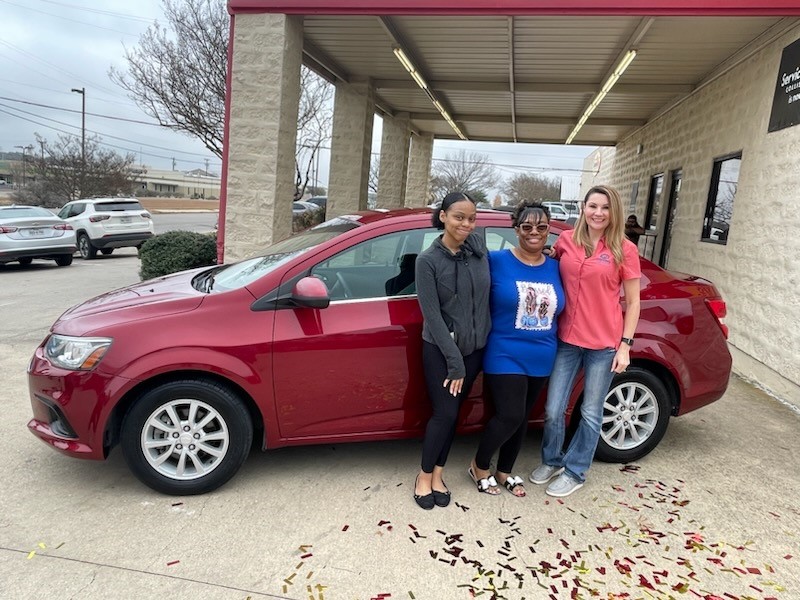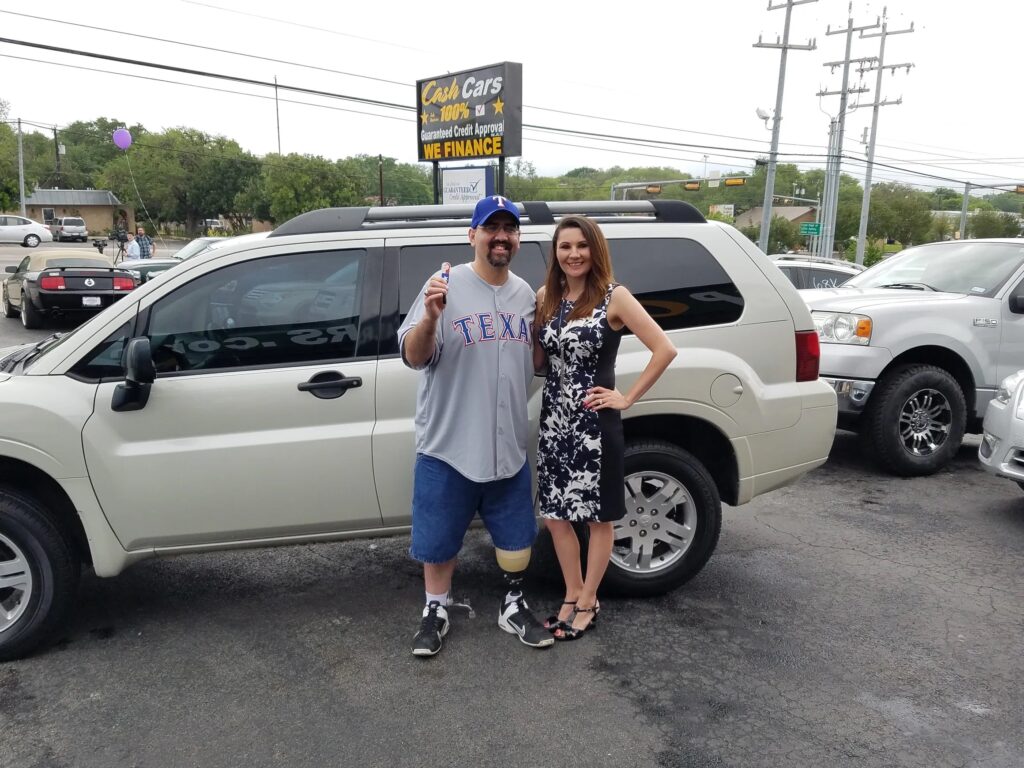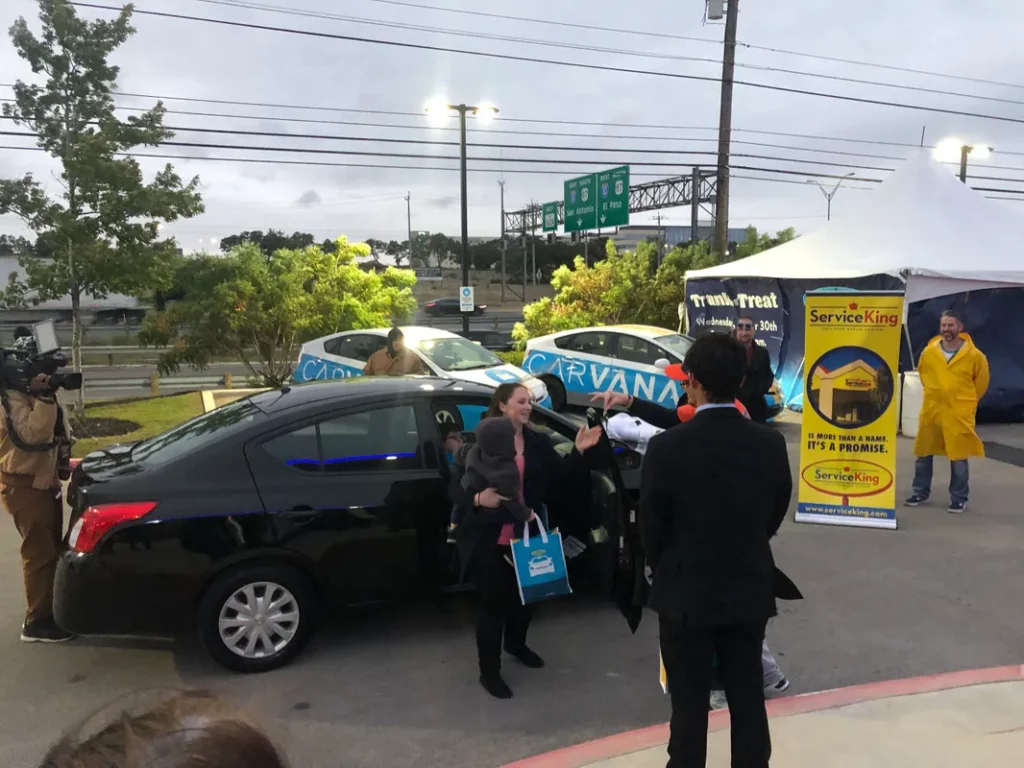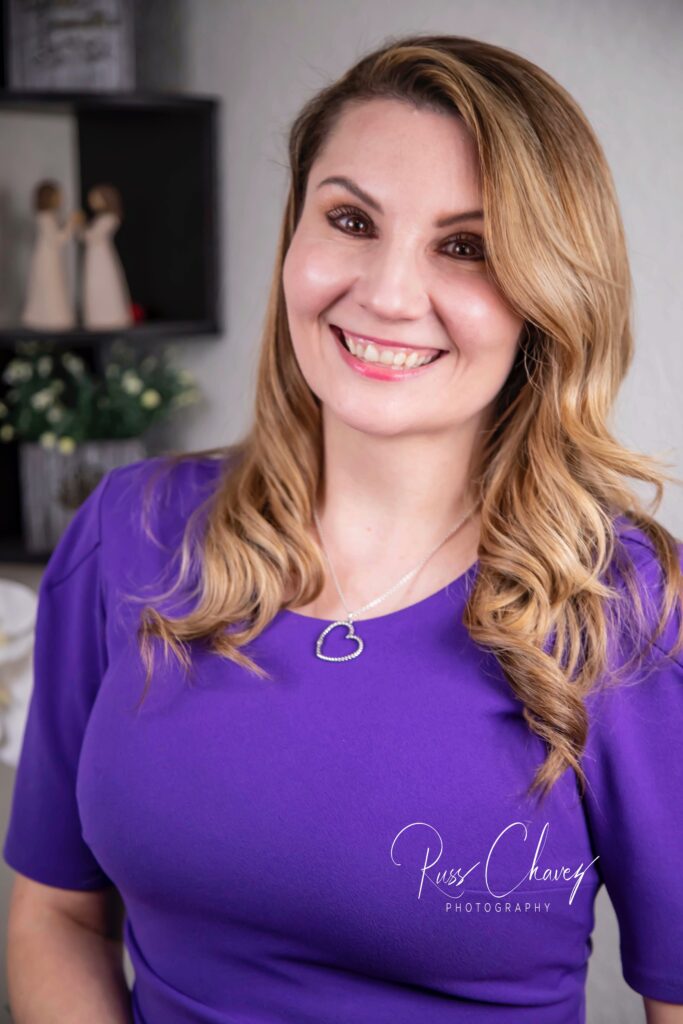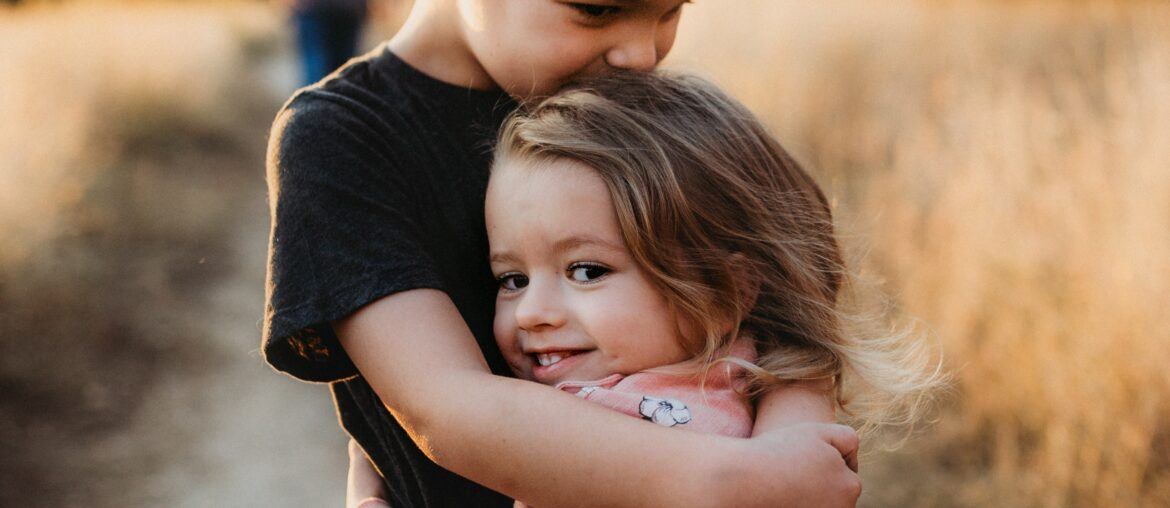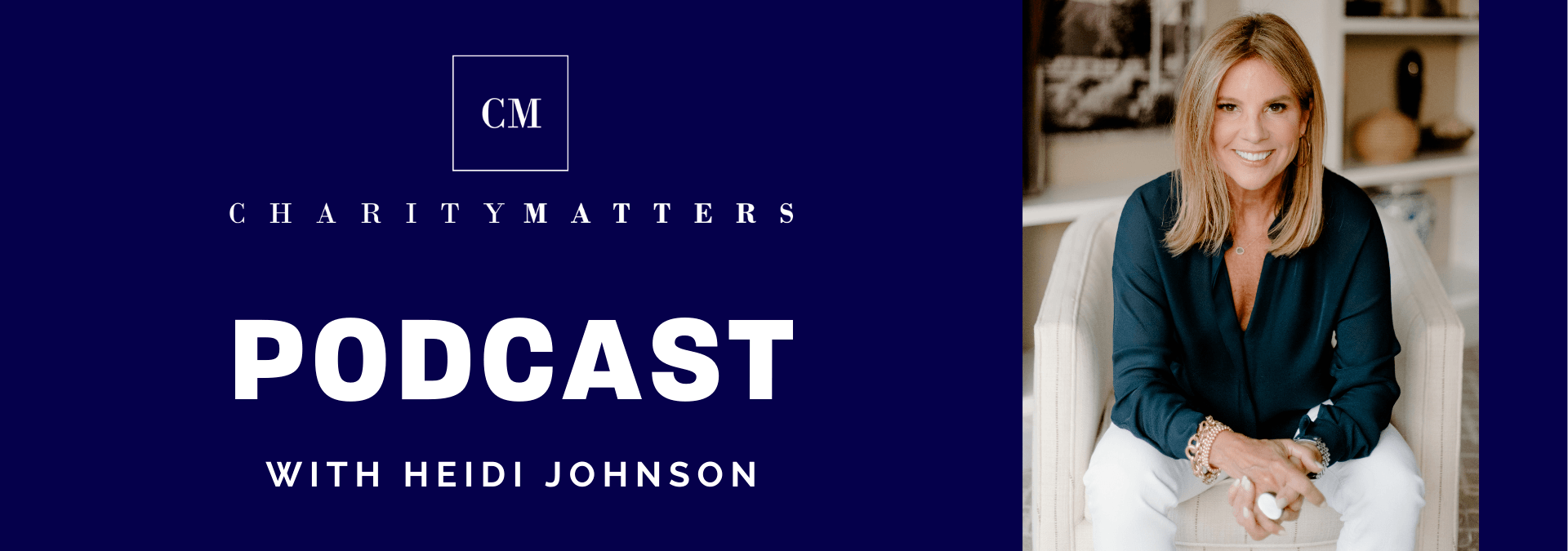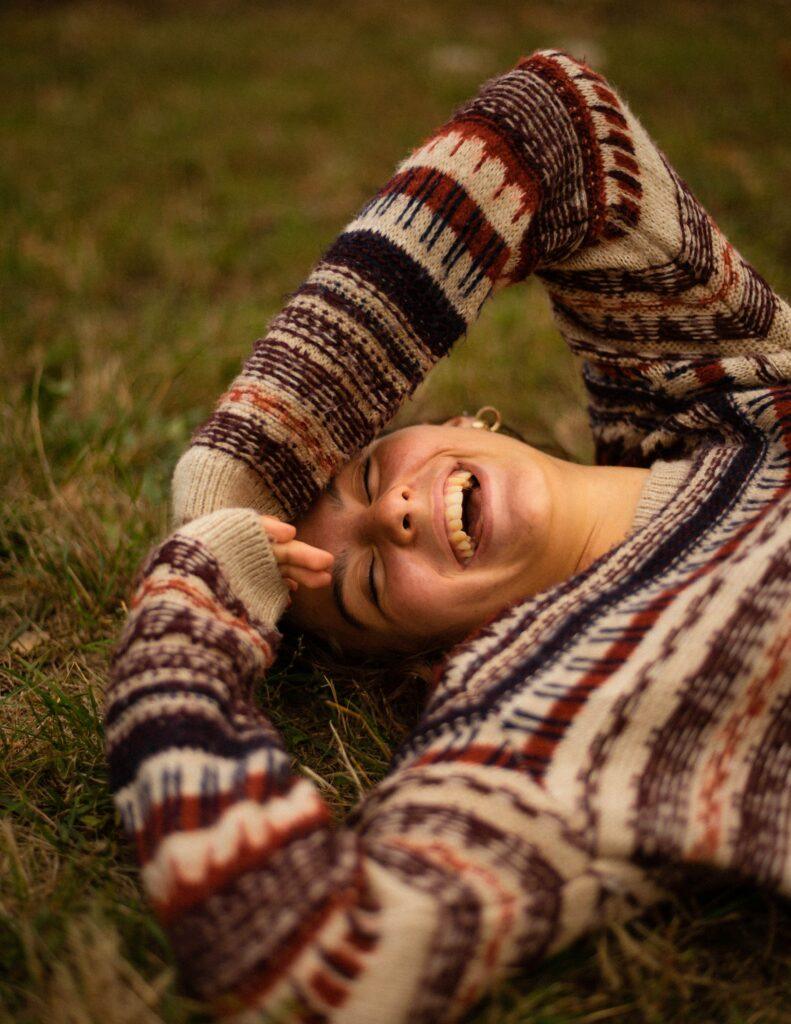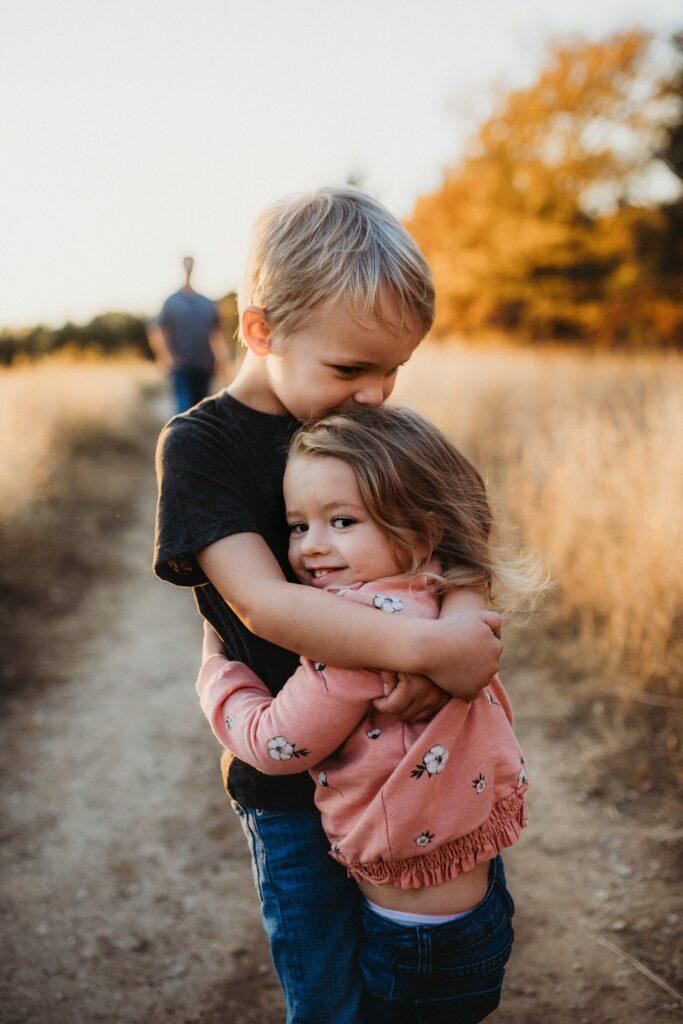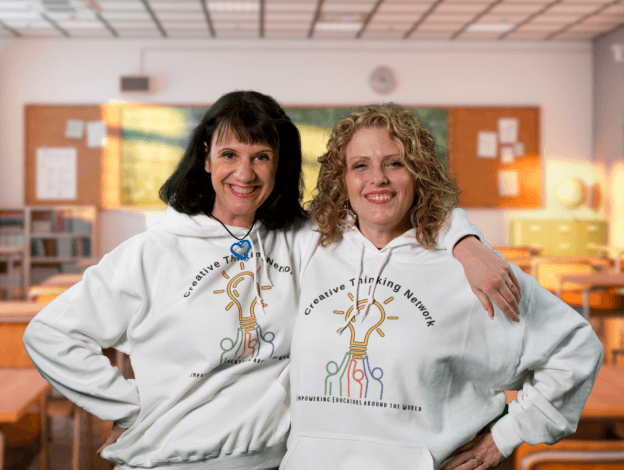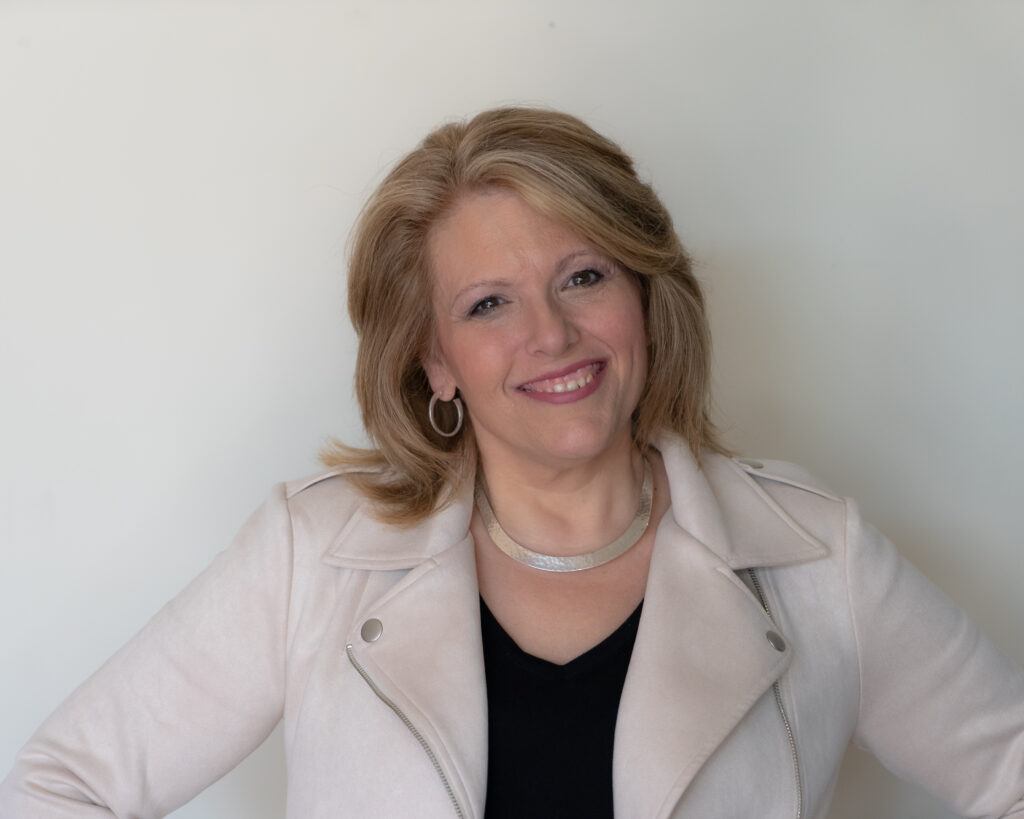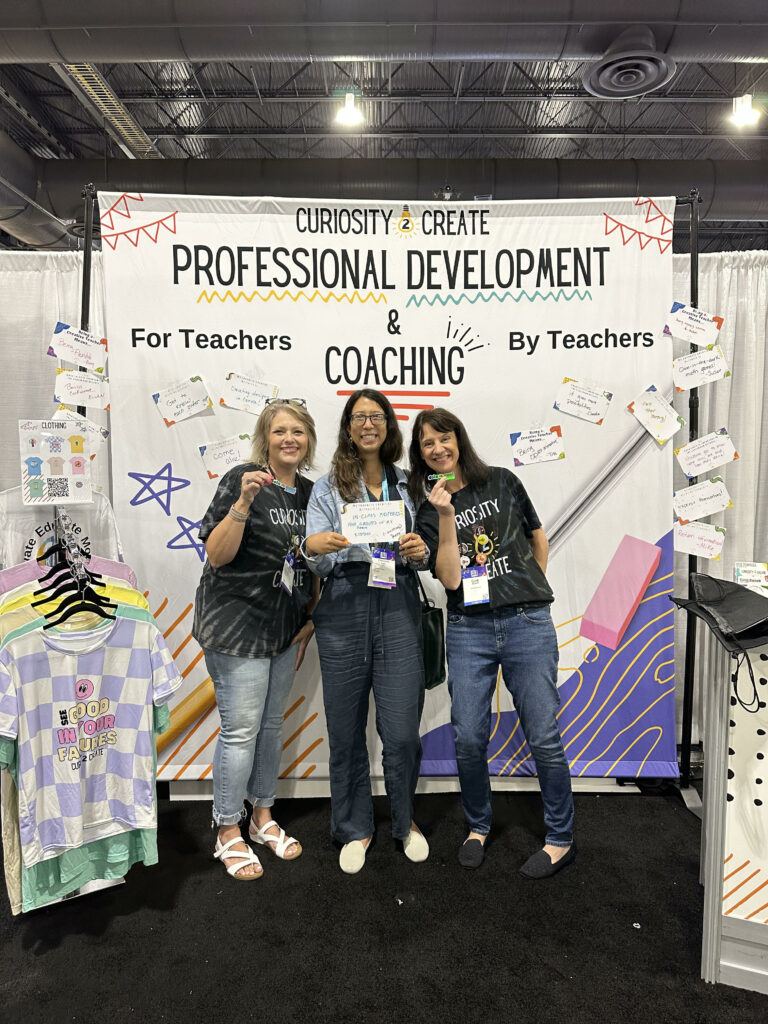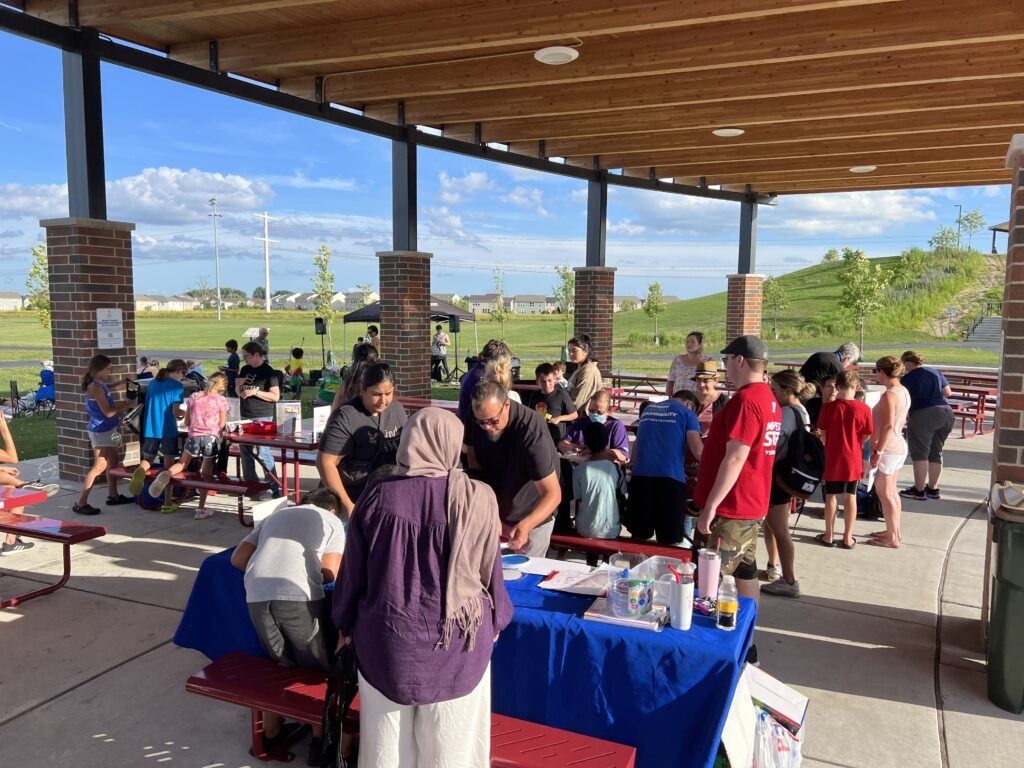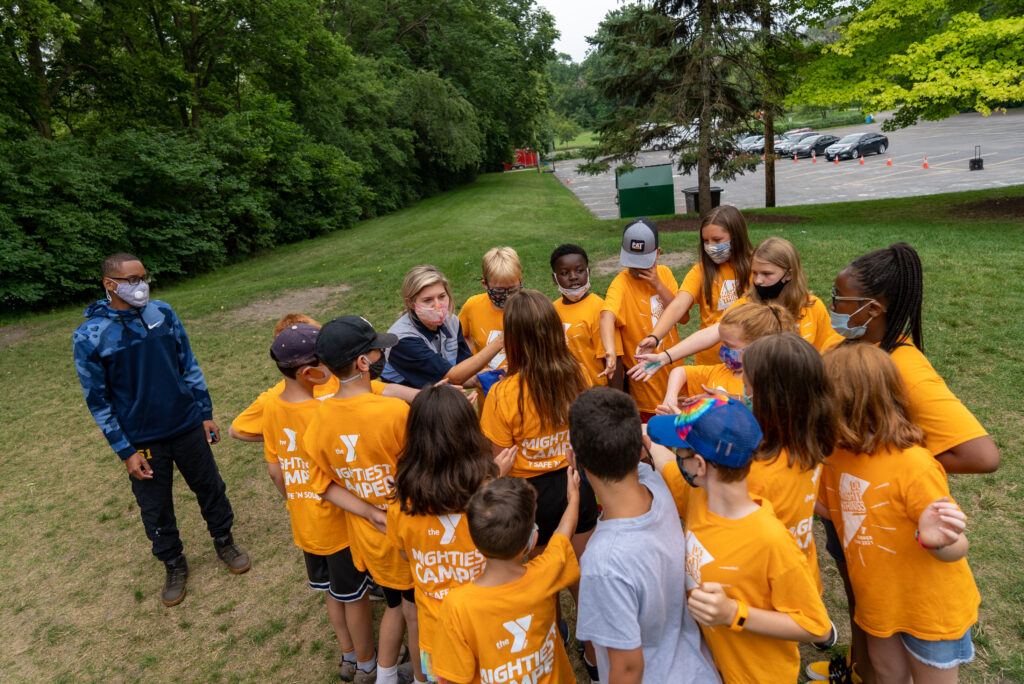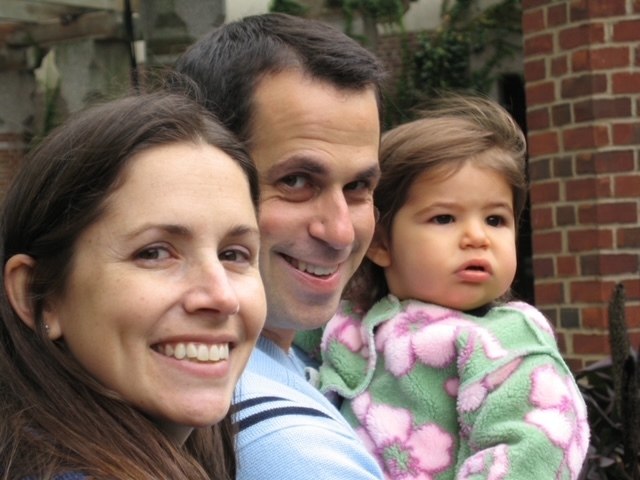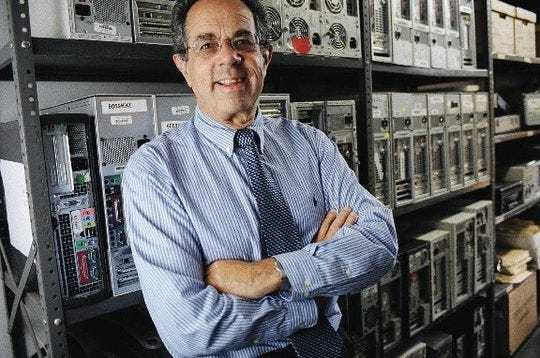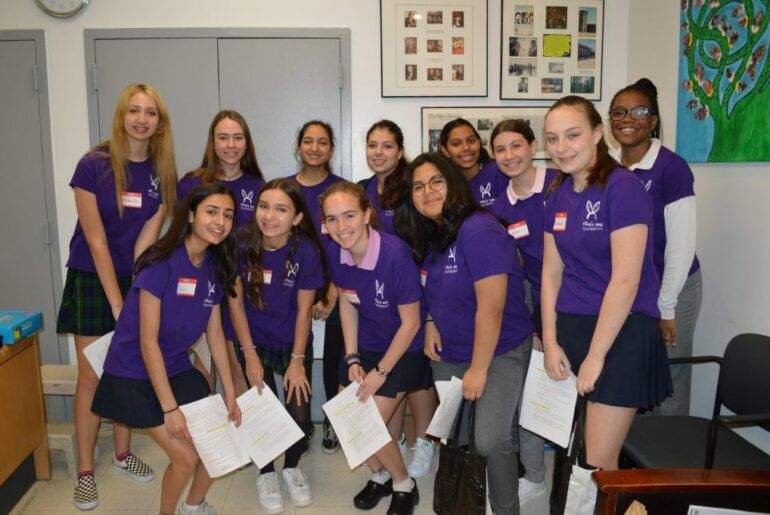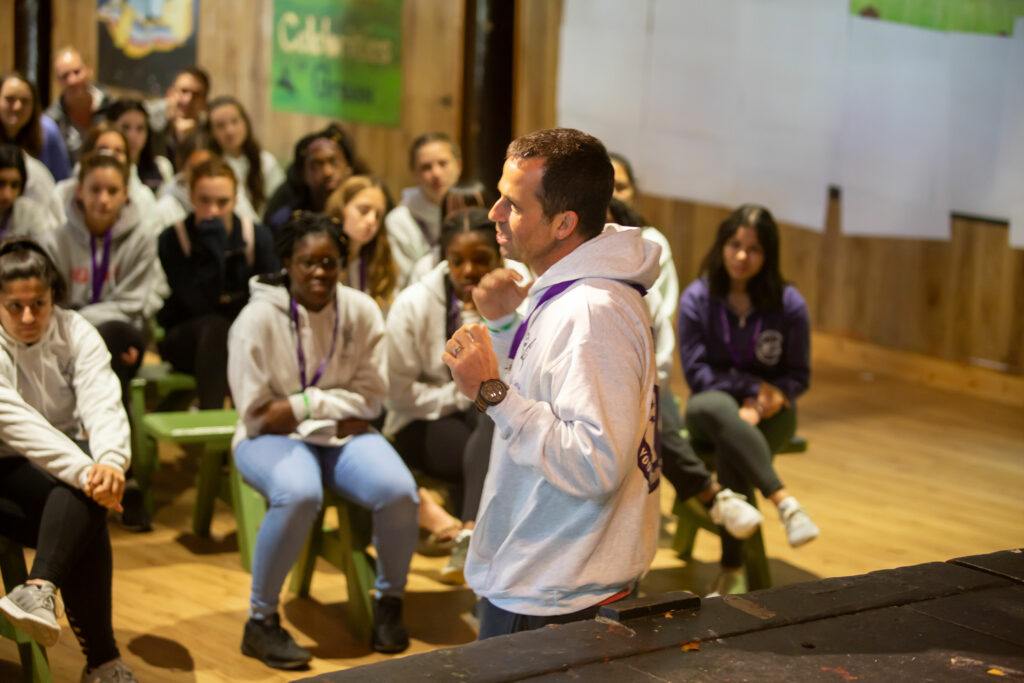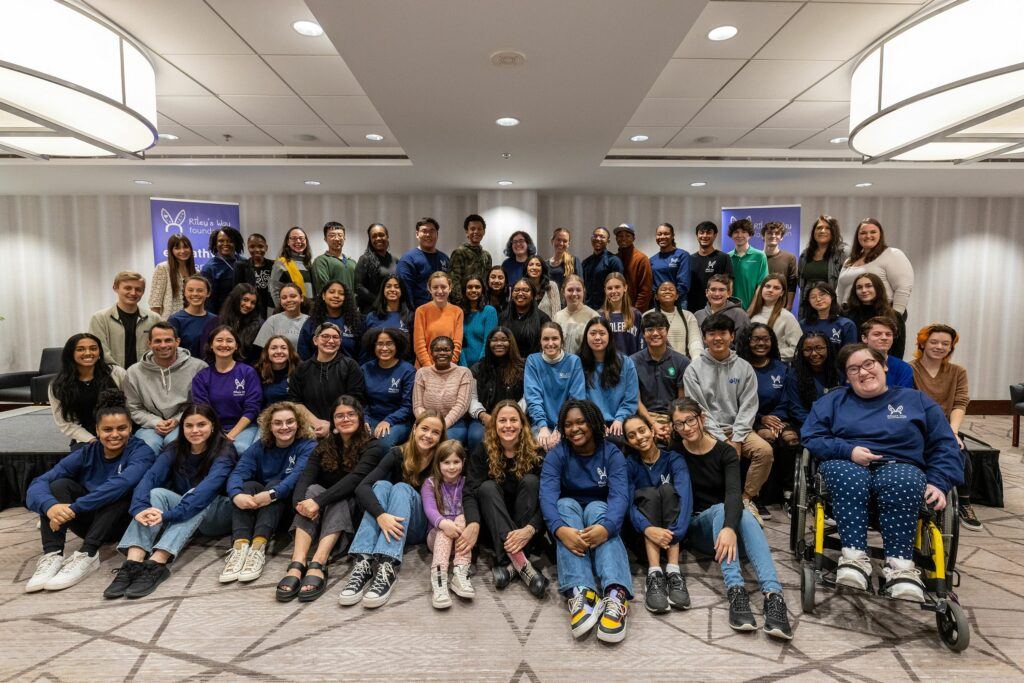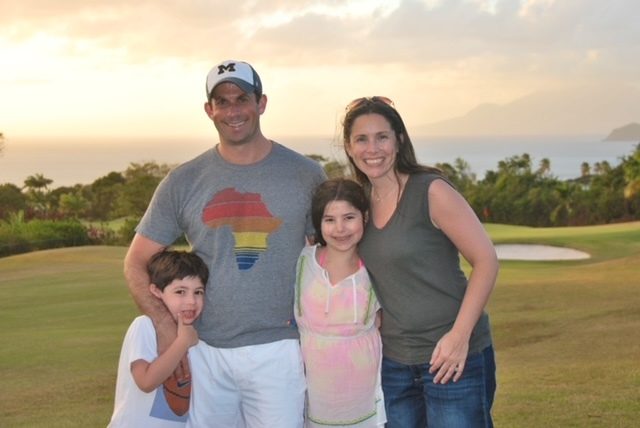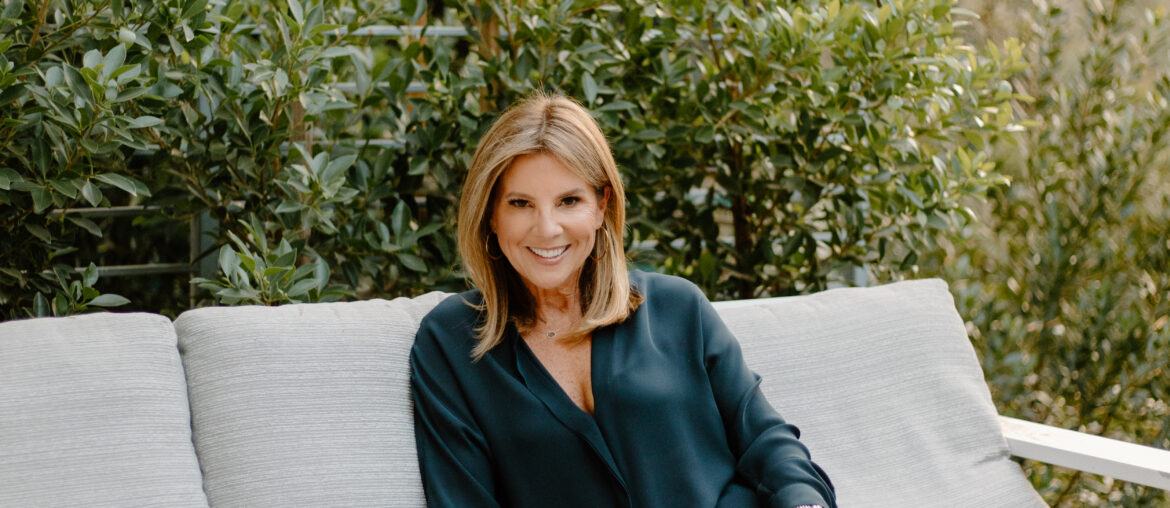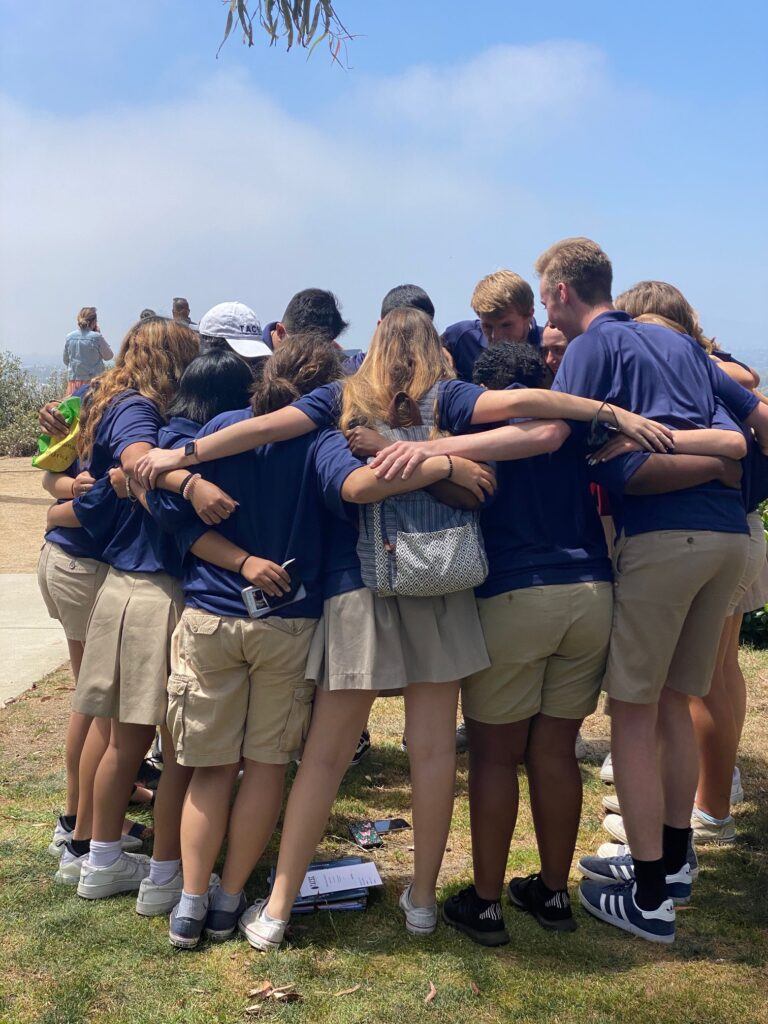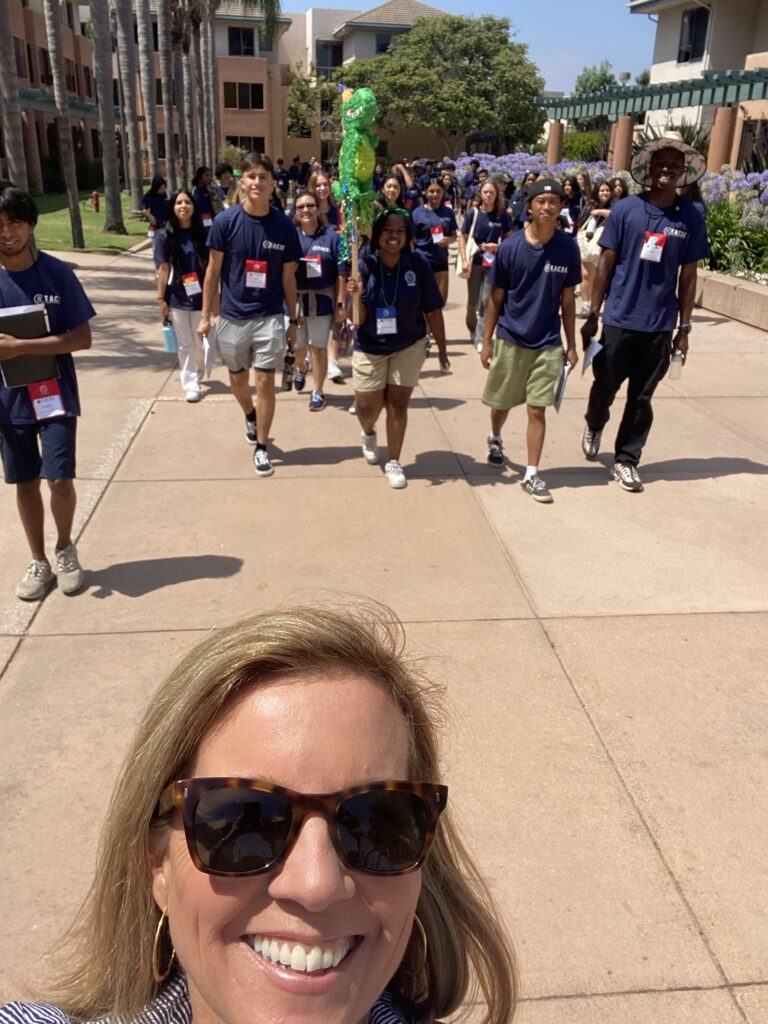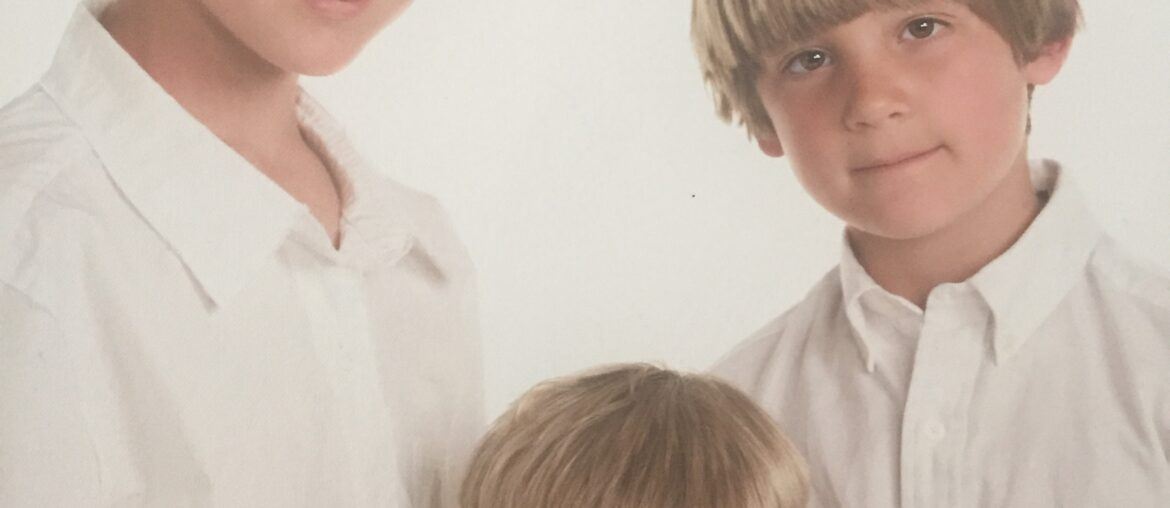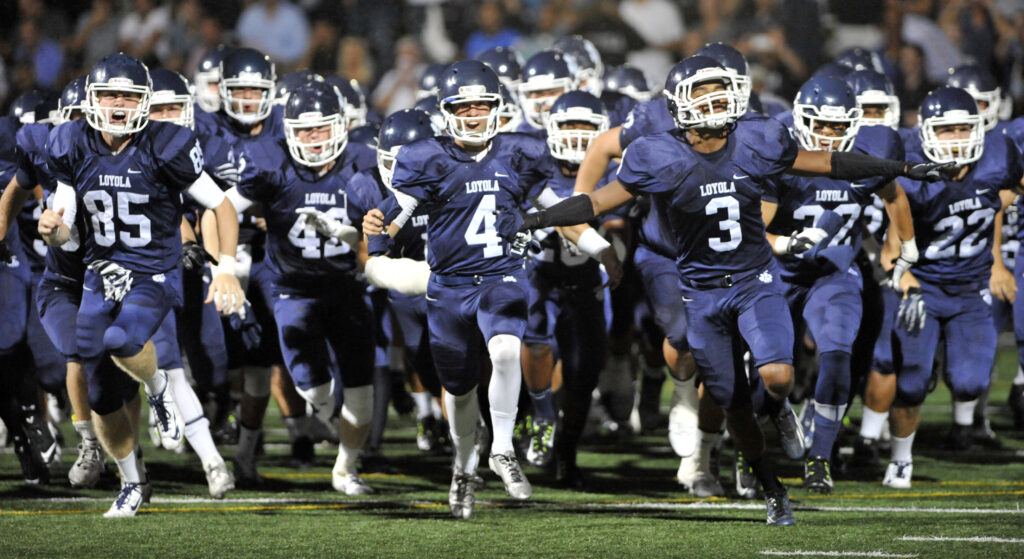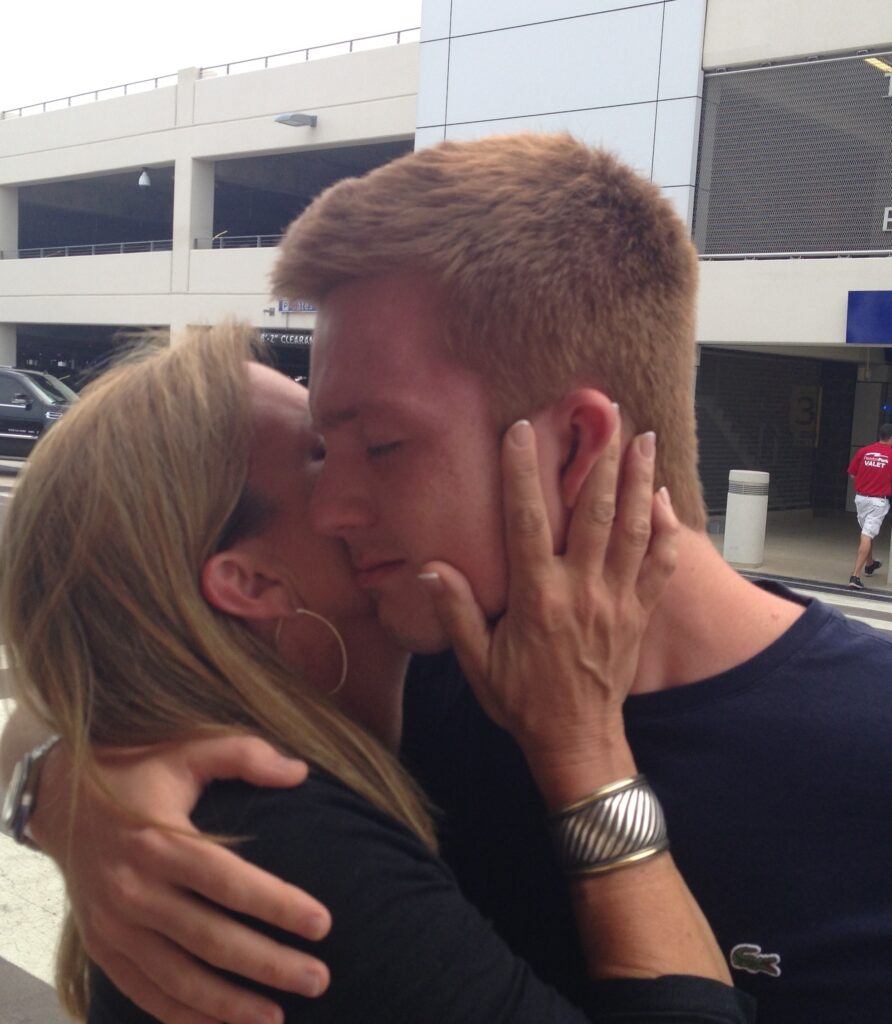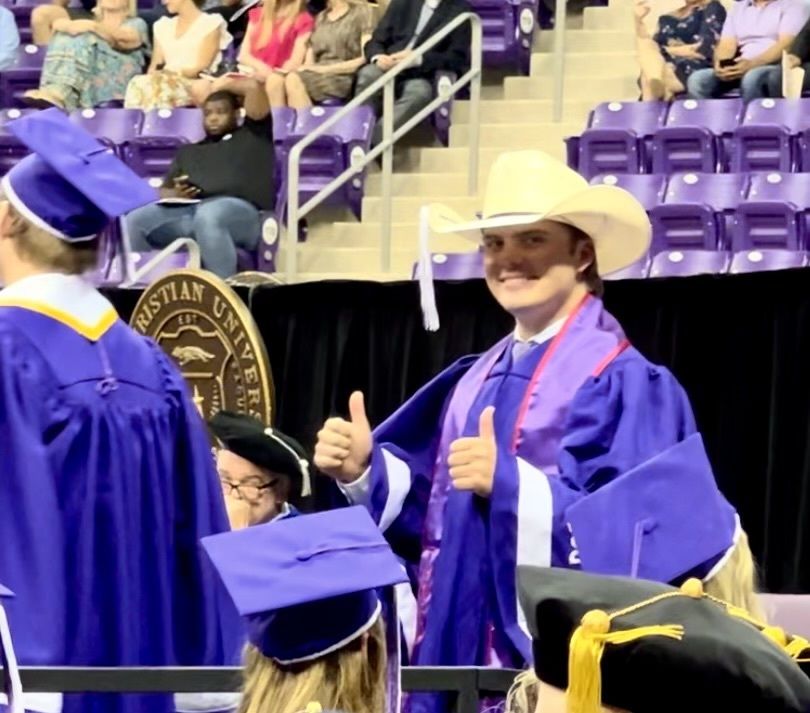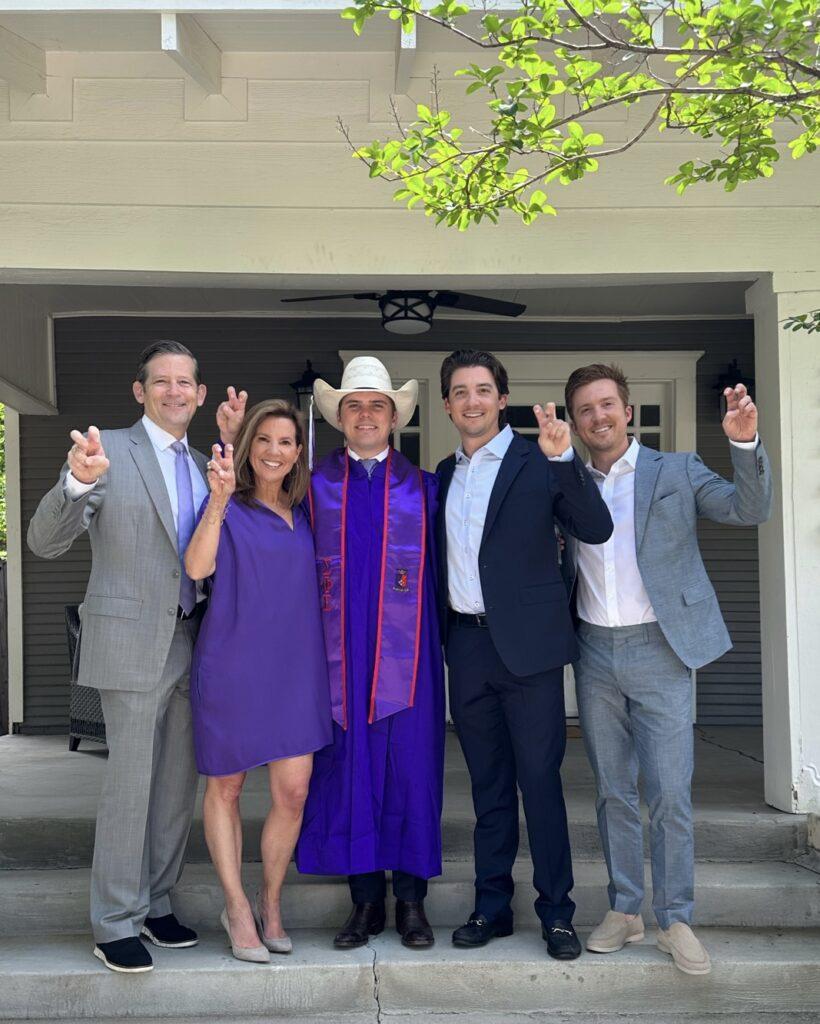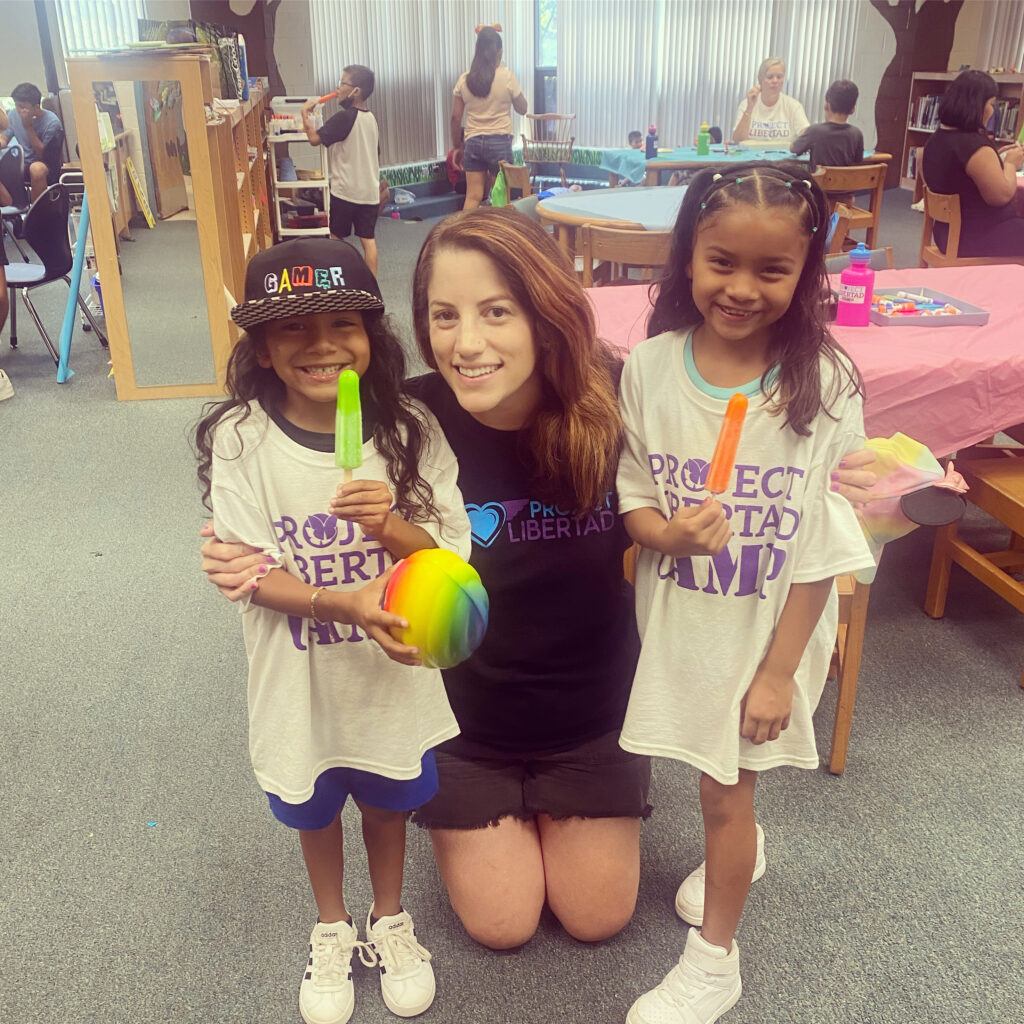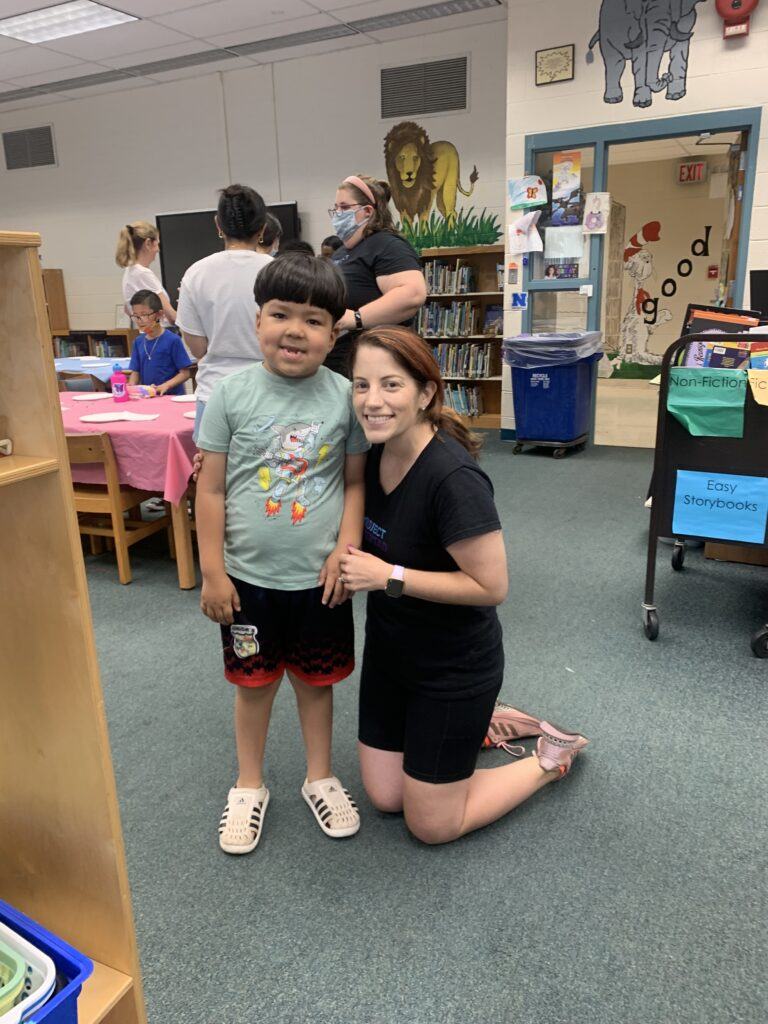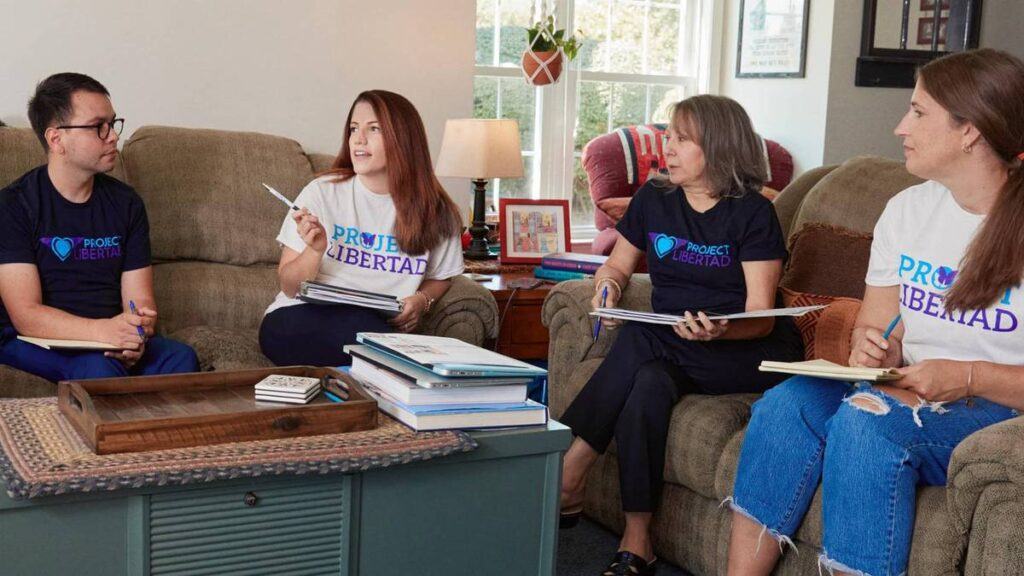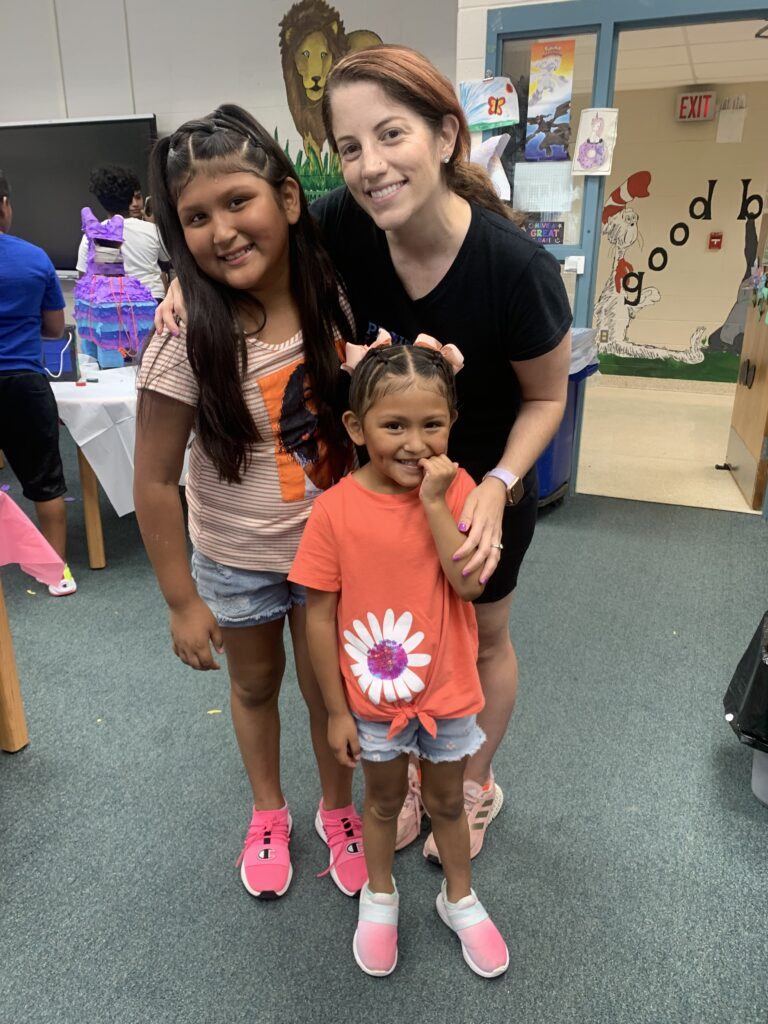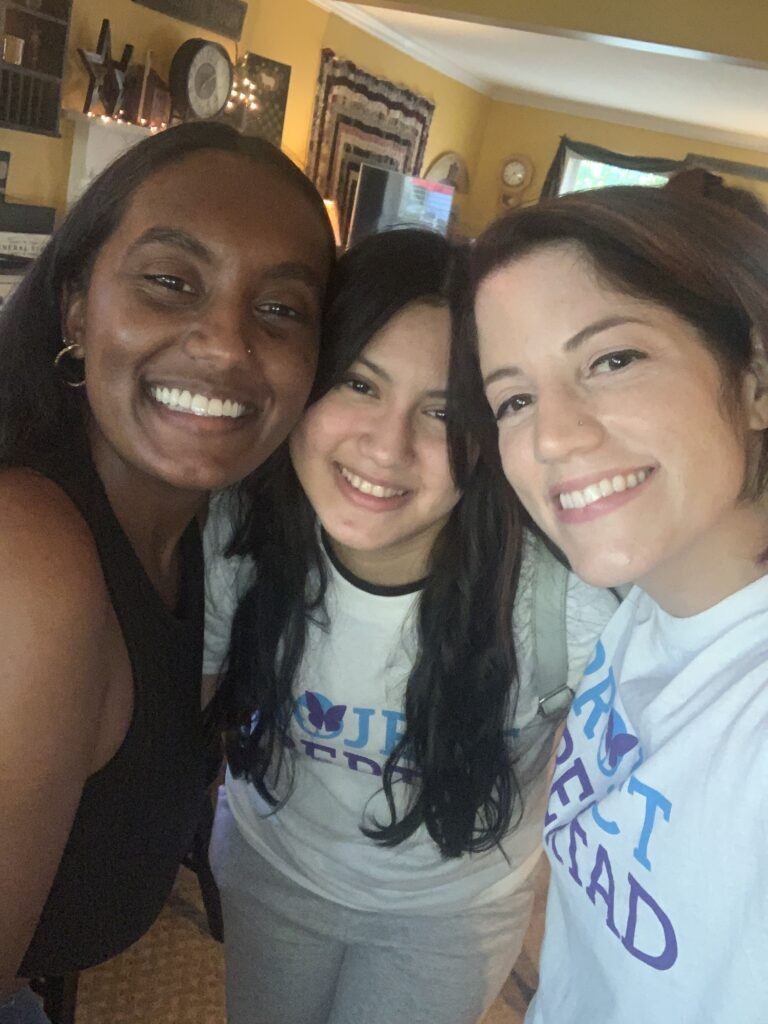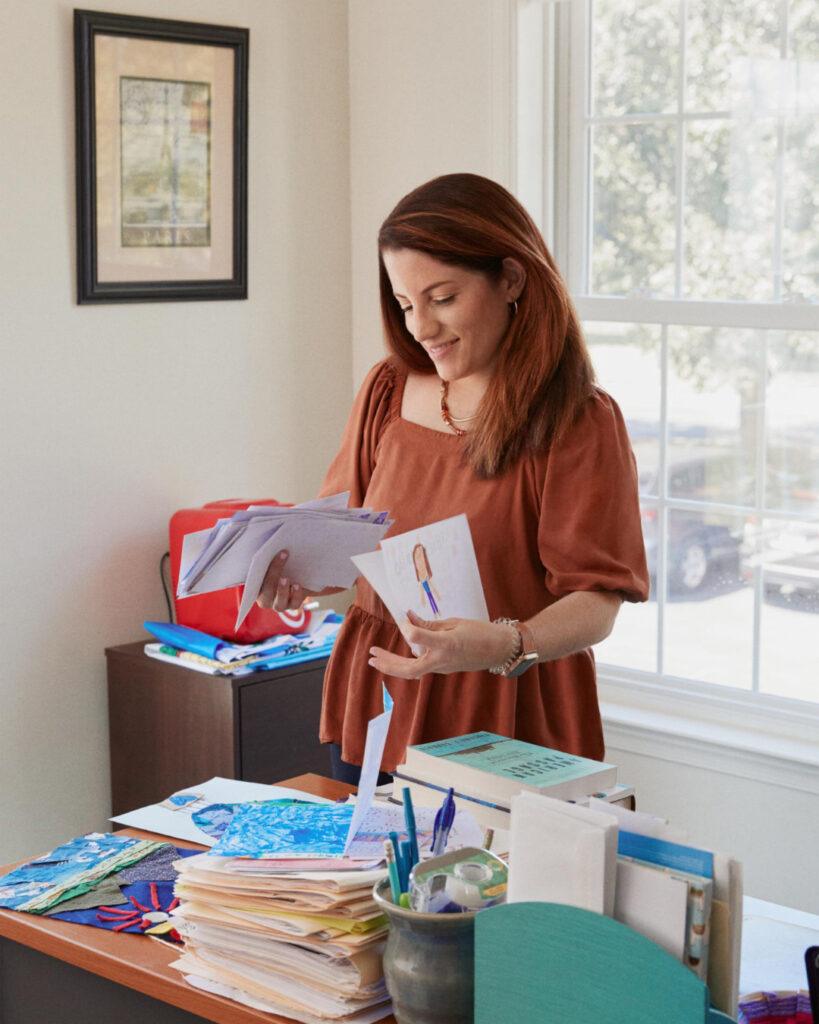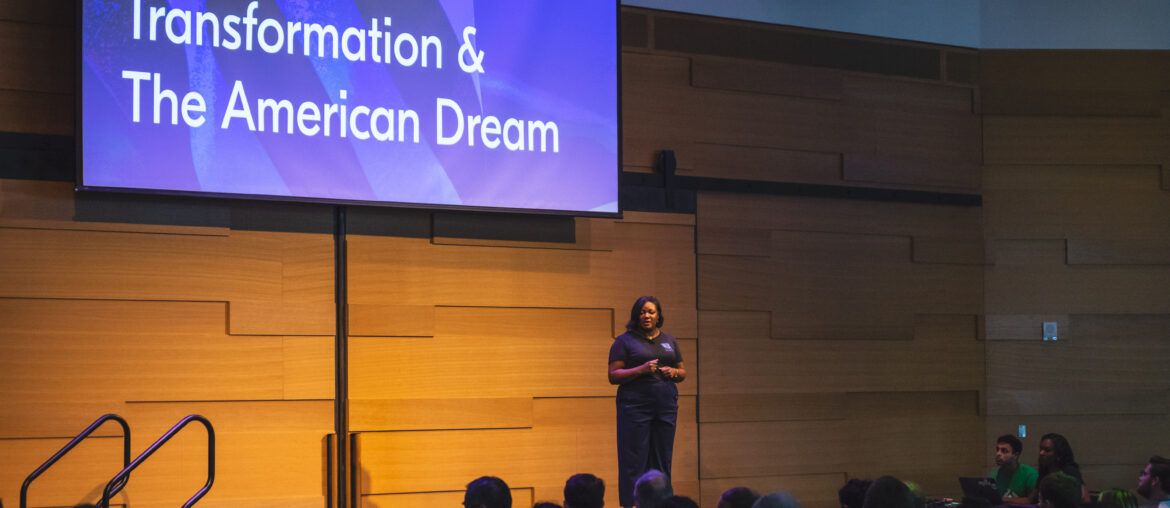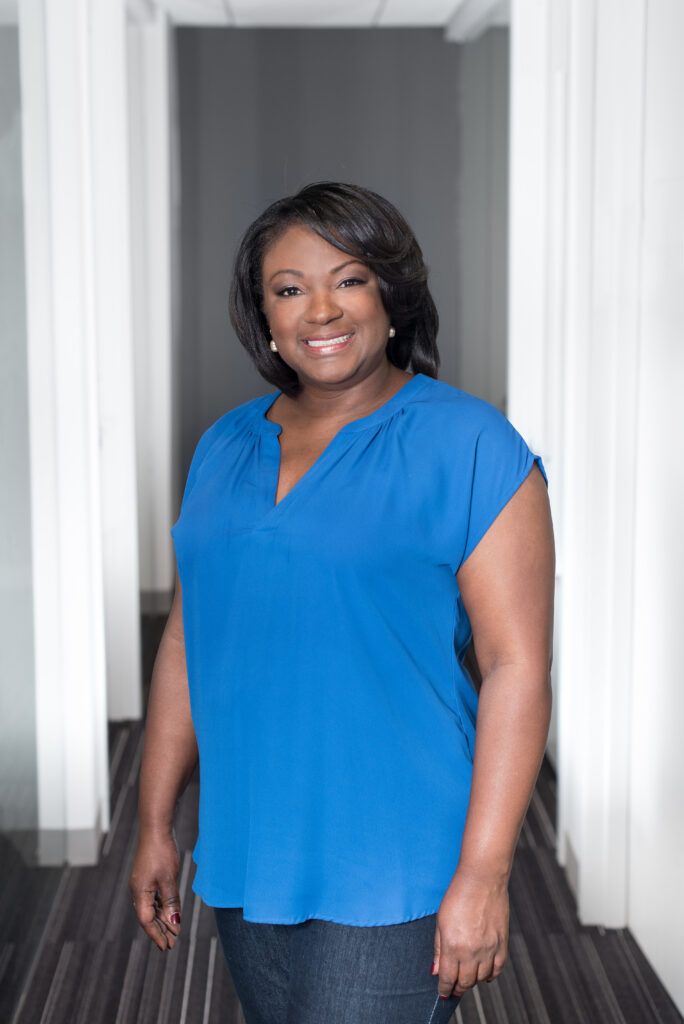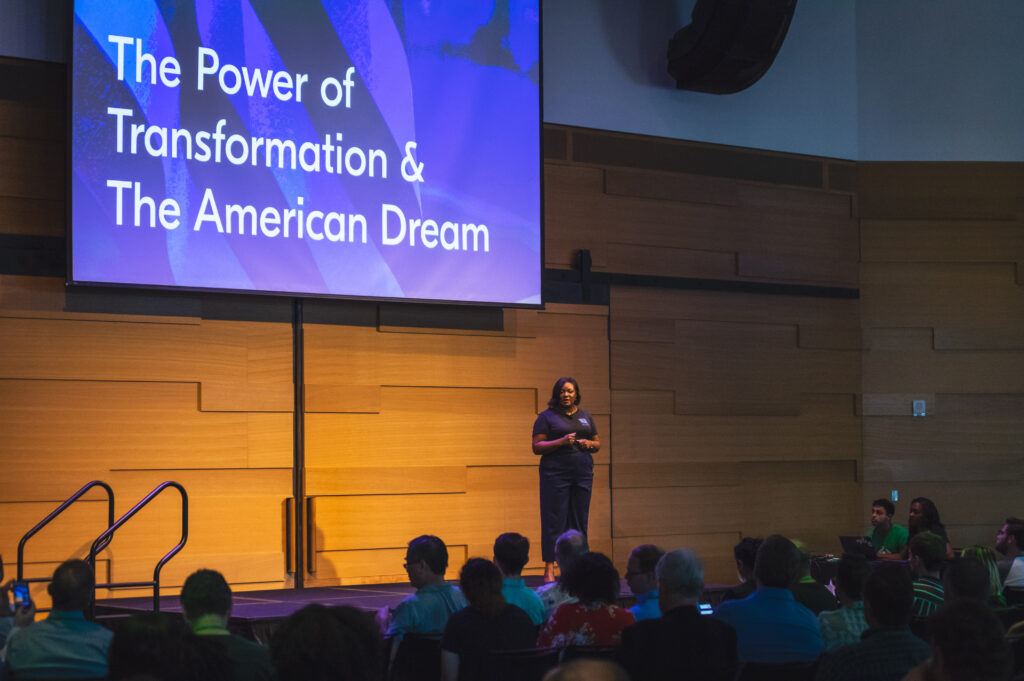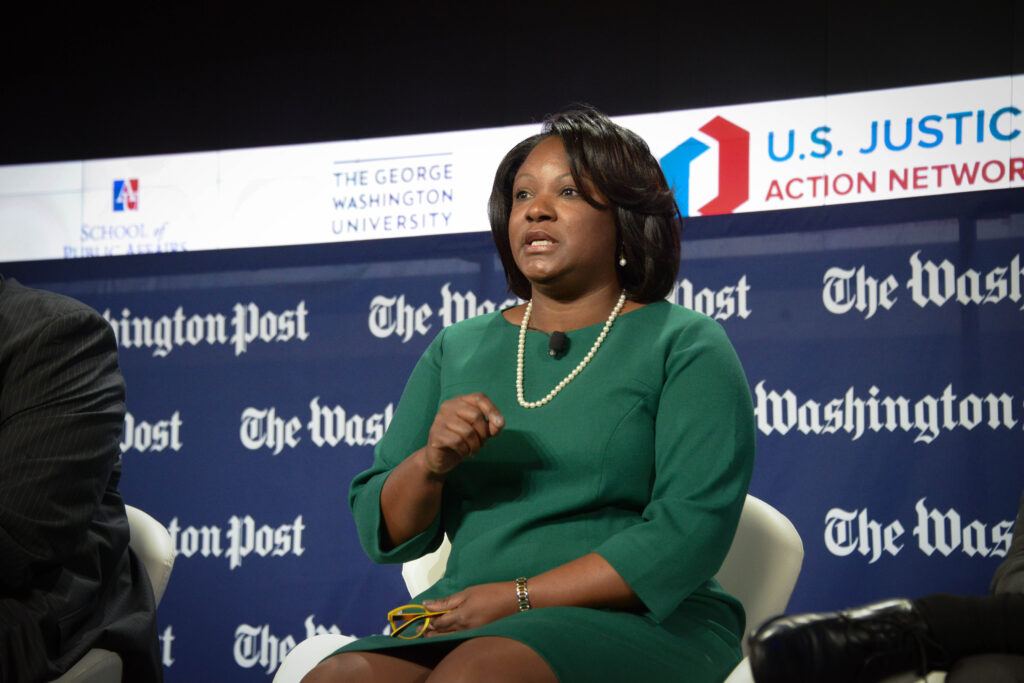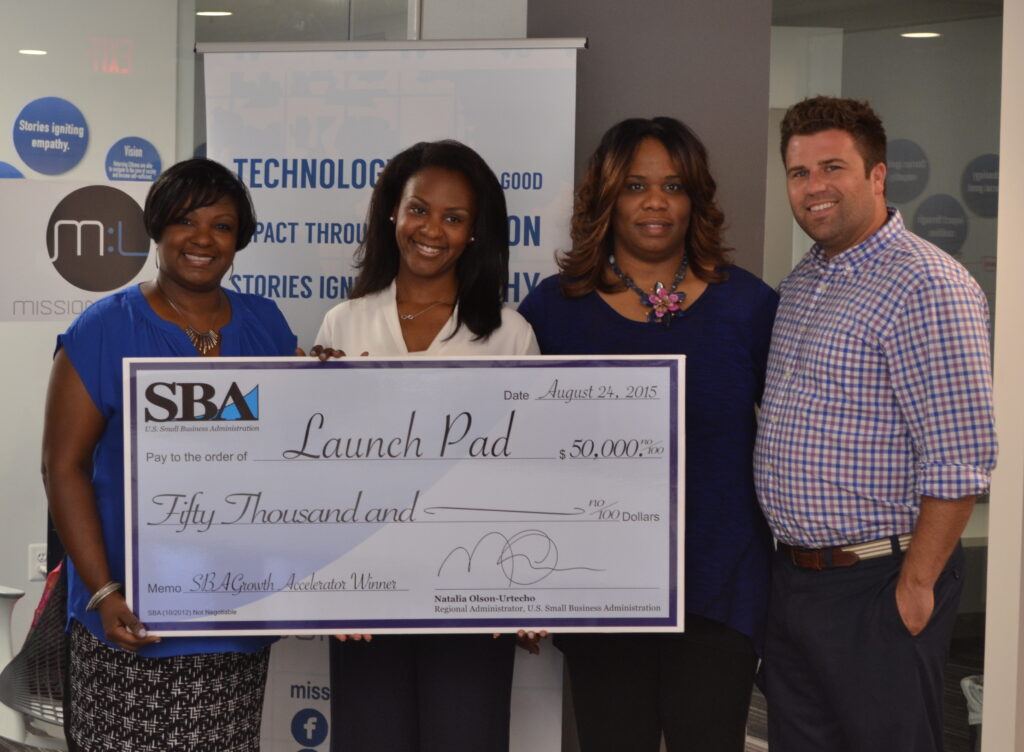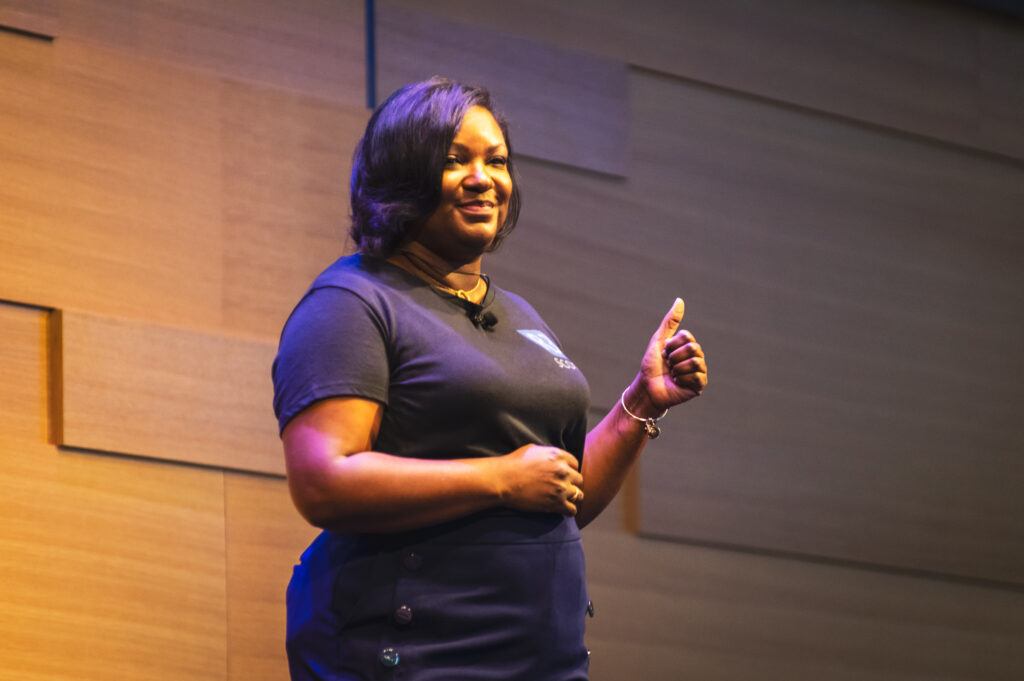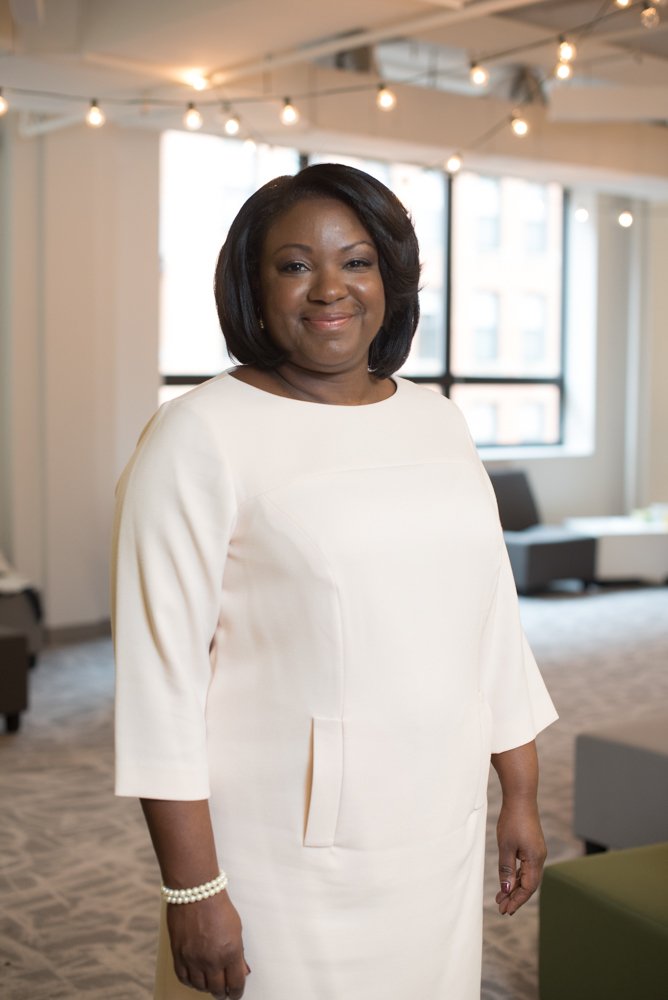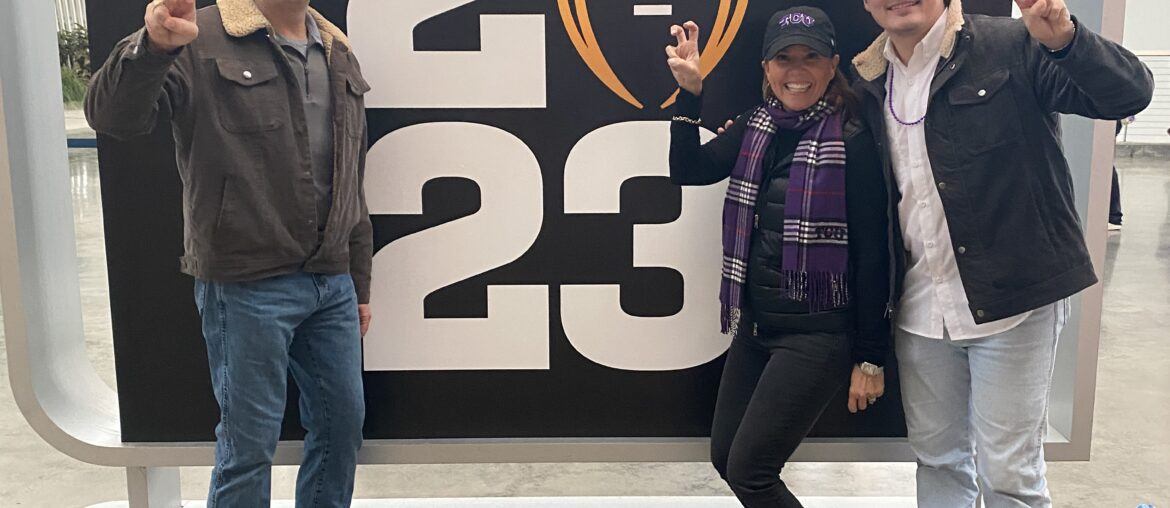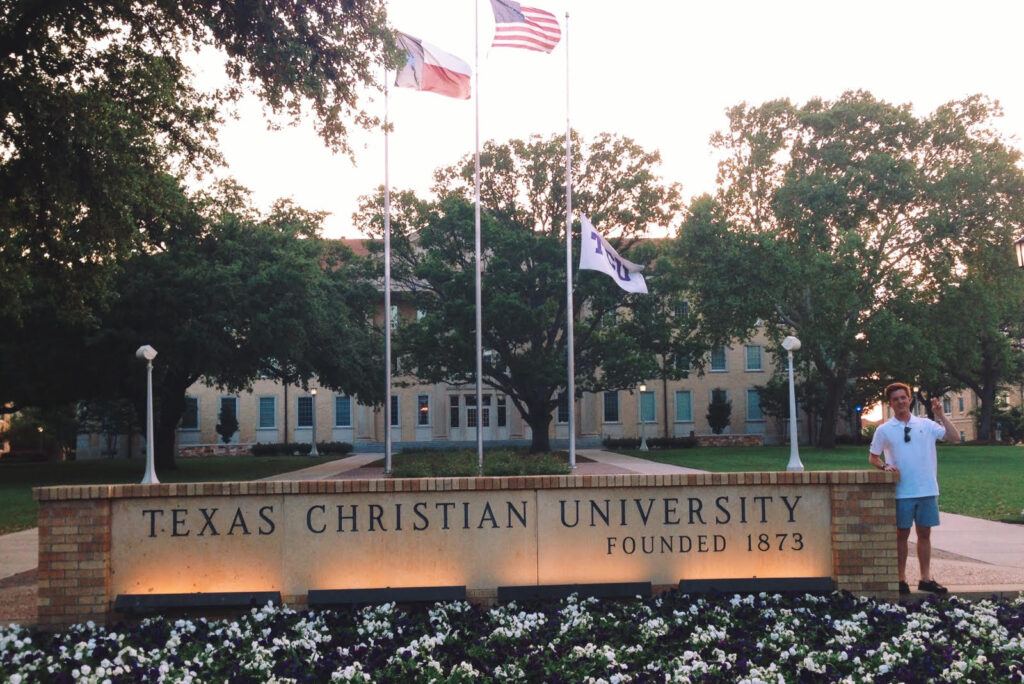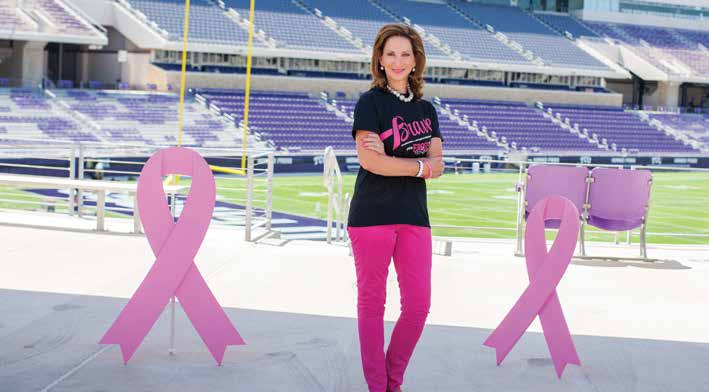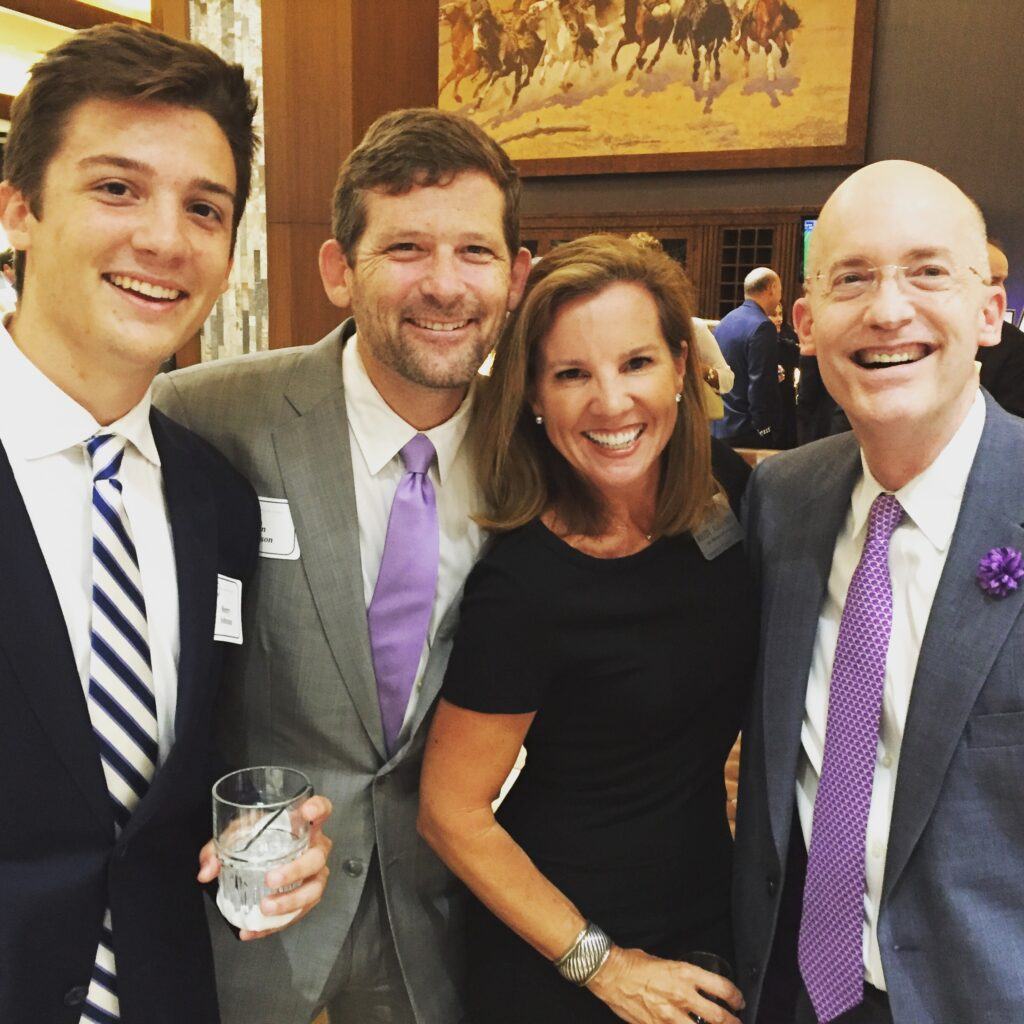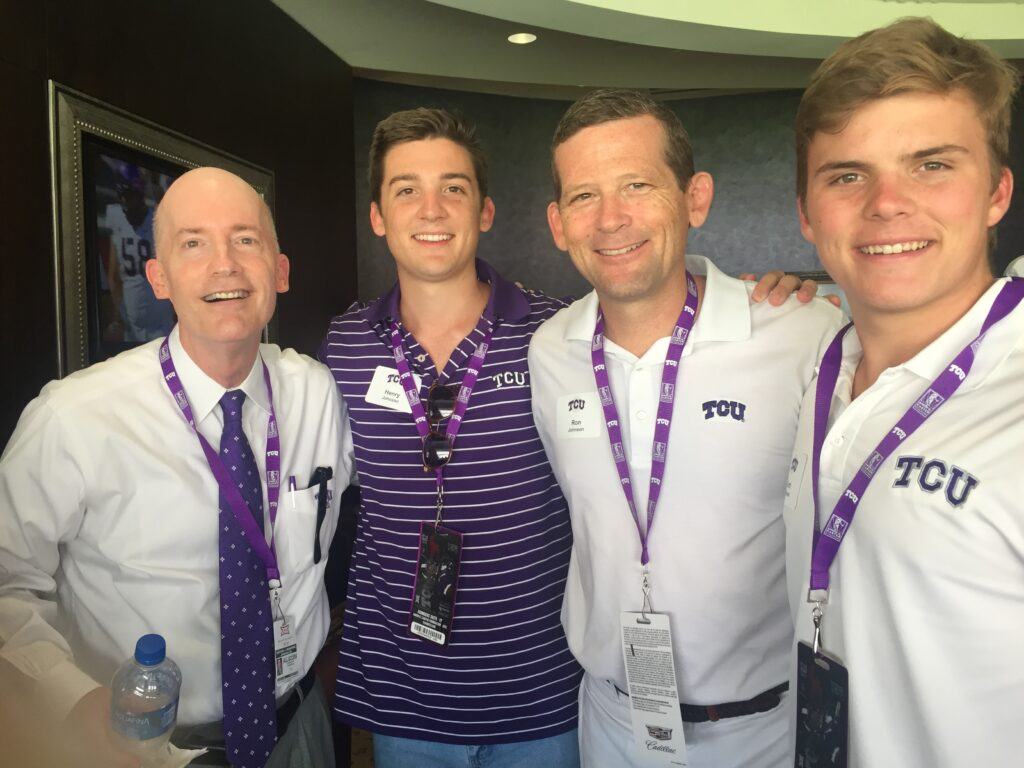
Welcome to Season Seven! We are SO excited for all of the amazing conversations we have scheduled for you this season. This is our 71st podcast and there is nothing we love more than introducing you to remarkable humans who use their lives to improve others. Today’s guest, Debbie Bial is no exception, she is simply remarkable. Join us as she shares her journey as a 23 year old nonprofit founder to what she has built today with her national organization, Posse Foundation.
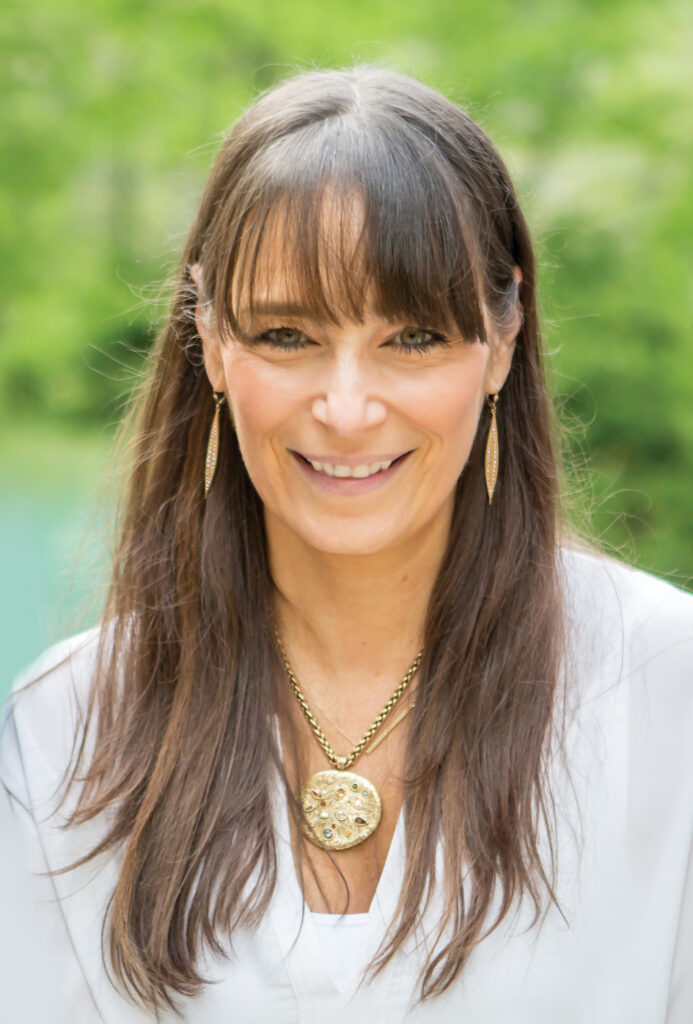
Debbie is a ray of sunshine who for the past thirty plus years has been on a mission to identify and train gifted young people who might be missed by elite schools. Posse Foundation places these scholars in supportive multicultural groups of ten students or posses. These students are mentored, prepared and positioned for success. After listening to Debbie’s passion you will understand why.

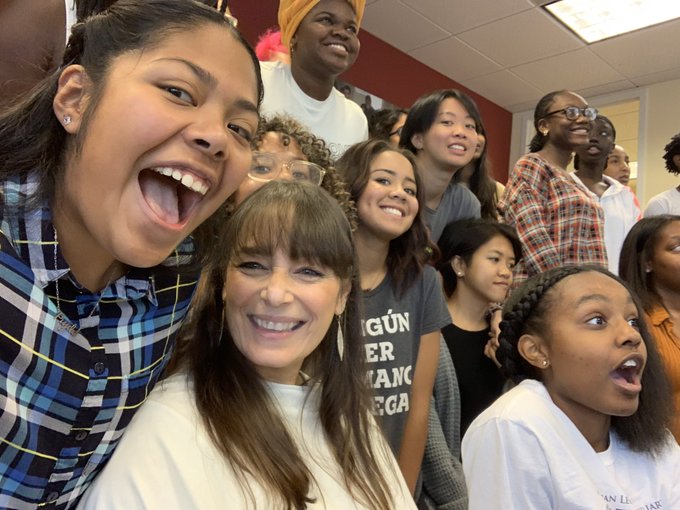
Here are a few highlights from our conversation:
Charity Matters: Tell us a little about what The Posse Foundation does?
Debbie Bial: We started in the 1980s when a student who had dropped out of college said, “I never would have dropped out if I had my posse with me.” And we thought, well, that’s a brilliant idea. Right? Why not send a team of kids together to college, back each other up?
The idea was that if you send people together in a team, they can not only back each other up when times get rough, but they can begin to form critical mass. Send ten students in every class, you get 40 students on a campus. That’s a model of integrated diversity, a catalyst for positive change in a community.
We are a national college success and leadership development program. The ultimate big goal is that we’re building a Leadership Network for the United States that more accurately reflects the real diversity of the American population. So Posse is trying to contribute to a more diverse leadership.
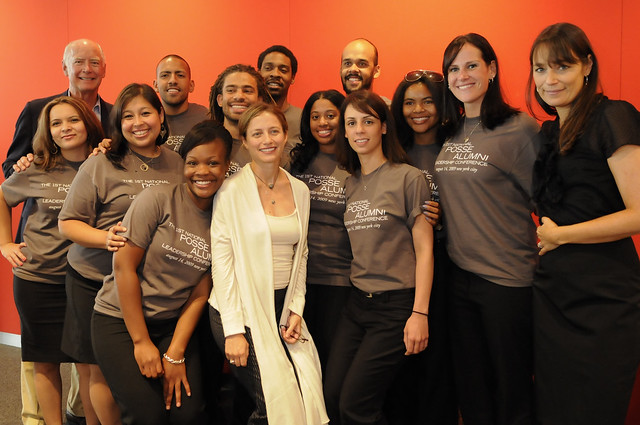
Charity Matters: What was the moment you knew you needed to act and start The Posse Foundation?
Debbie Bial: I was 23 years old, I was only out of college for a short amount of time. And here I am with this big idea. It wasn’t my idea but I was helping to bring it to life. Vanderbilt University was the first university to take a chance on this idea. Luckily, there were people at Vanderbilt, who saw that this could be a really valuable thing for their institution. Right in the 1980s. Vanderbilt was very white, very southern, very wealthy, and all the women wore dresses to the football games. How are they going to get kids from the Bronx to want to go there and stay there? So they tried it.
Charity Matters: What Were some of your earlier challenges?
Debbie Bial: I think people devalue the work that goes into creating a nonprofit that’s trying to do good in the world. For some reason, we don’t see it as an enterprise that you would invest in the way you would invest in a for profit business. If you want to succeed you have to do everything well which includes building a board of people who are experts, building a network of donors and building an infrastructure that makes sense.
What I always say to other people who are starting a nonprofit is know your non-negotiables. And if you can stand behind your mission, and not compromise, understand where you draw the line. What are your non-negotiables? Then you’re much more likely to succeed. Honestly, I think that’s about integrity. If you just follow the money, or you’re not strong in front of people who have big opinions about what you’re doing, then you end up diluting the work.
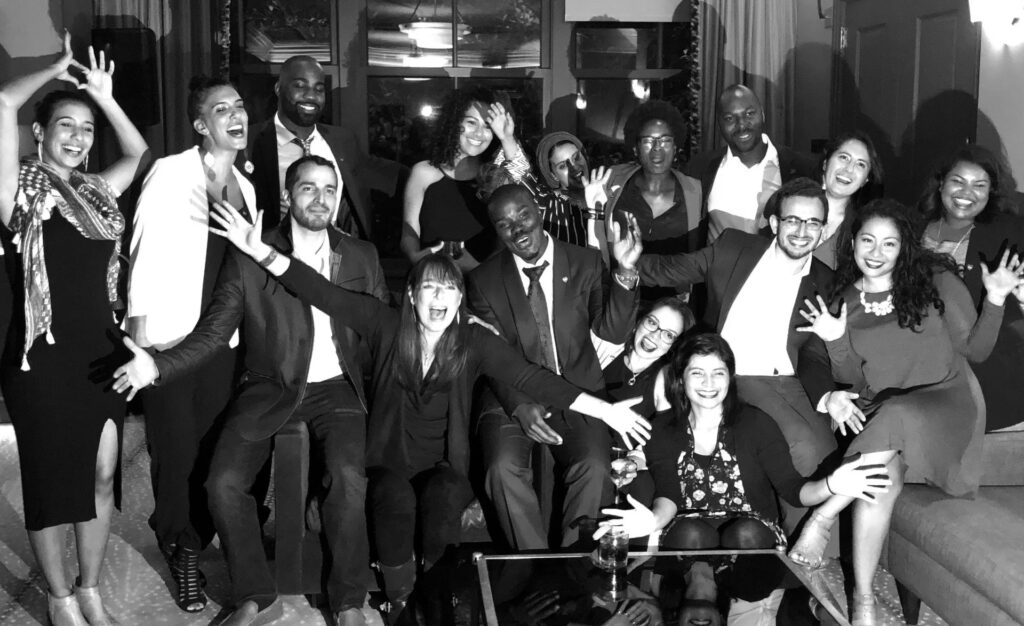
Charity Matters: What fuels you to keep doing this work?
Debbie Bial: Every day that I walk into the office, I walk past a row of posters that are just our graduates on the day they graduate. They’re in their caps and gowns, it’s portraits, one after the other, and they’re smiling. And they’re the most beautiful photographs that I’ve ever seen. And it makes me so happy every day that I walk past those photographs. I know all their names and I feel like this is why we have Posse.
They’re becoming doctors and CEOs, they’re running for office, they’re in government, they’re starting their own nonprofits. And that motivates me now.
Charity Matters: When do you know you have made a difference?
Debbie Bial: I always tell this story because it’s an important origin story. And it gives you this sense of Oh, there’s the impact. It’s a story of somebody who is in the very first Posse that we ever had in 1989. Her name is Shirley, and she was this Dominican kid from Brooklyn. Her dad drove a Yellow Taxi and she was going to be the first person in her family to go to college. And she goes to Vanderbilt University. She graduated with honors, she got her doctorate in clinical psychology from Duke University. Then she becomes the Dean of the college at Middlebury, and my god, she becomes the President of Ithaca College. She is the first Dominican American to be president of a four year college in the entire United States.
I tell that story because it captures the idea of impact. Right here, you find a student who maybe never would have thought of going to Vanderbilt, maybe ever would have shown up on their radar screen. And yet she goes, and now she’s a first. She’s building something that’s making our world better for all of us.
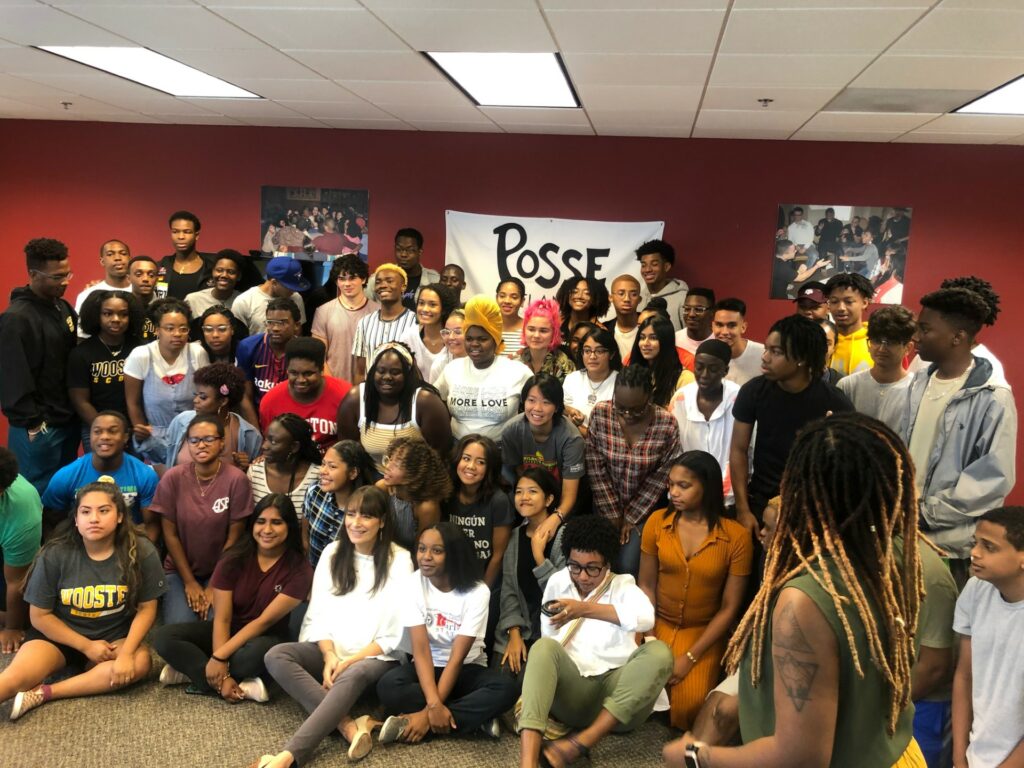
Charity Matters: Tell us what success you have had and what your impact has been?
Debbie Bial: Since 1989, we’ve sent over 12,000 students to college. They have won $2 billion in scholarships from our partner schools, with graduation rates of 90%. Our students go on to be the leaders that we so need. What makes them different as leaders is that you’re thinking about equity and inclusion in a way that we sometimes miss in the boardroom, or in the rooms where decisions are being made. And we have a very polarized society right now where all we do is fight. We can’t agree we were attacking each other. And how valuable is it to have someone walk into the room? Who knows how to have conversations that are productive? Who knows how to build community? We don’t have that and we’re trying to do that.
Charity Matters: If you could dream any dream for your organization, what would that be?
Debbie Bial: We’re already a national program. We operate out of 10 brick and mortar cities, New Orleans, Chicago, Los Angeles, New York big cities. We expanded when the pandemic hit, and we all went home. Our staff, who is amazing, turned the program into a program that we could deliver on Zoom. So now we have a virtual Posse program. I woke up one morning and I thought, oh my god, we just interviewed 17,000 students on Zoom. And I thought, we could expand our reach, in cities that we’ve never been able to be in before. And so The Posse Foundation more than doubled the number of cities from which we now recruit students. We have 92 partnerships, all taking 10 students a year, which means 920 new students a year. We’re going to get to 1000.
If you really want to know my dream, my dream is that one day, I can create a fund like a half a billion dollar fund. It will generate enough money so that I could provide grants to 100 college and university partners every year in perpetuity for Posse scholars. We’re calling it the century of leaders fund. If every year we had 1000 students, and every decade 10,000 Posse scholars, that’s 100,000 leaders for America over the course of a century. This would be supporting 100 of our best colleges and universities in the United States. That’s what I want to do before I leave. I think I can do it.
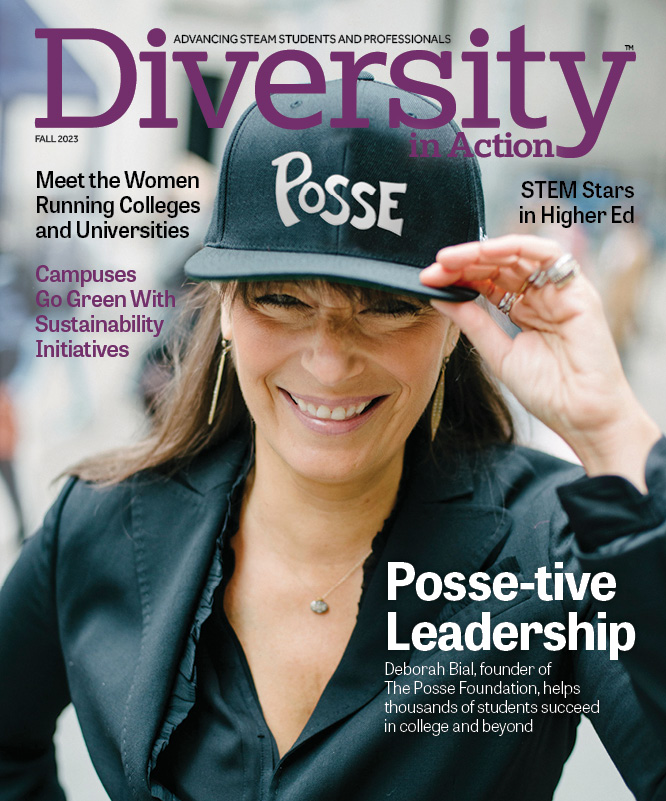
Charity Matters: What life lessons have you learned from this experience?
Debbie Bial: A number of years ago, I was in a room with the CEO of Deloitte, Cathy Englebert. She was speaking to 50 Posse alumni about her life and her career. And one Posse scholar raised her hand and she said,” You’re a woman and you’re a CEO. How did how did you do it? How did that happen?”
And Cathy said, ” There’s three things you need to know. One, you need to work really hard. Two, you need to find great mentors. And three, there needs to be someone who will pound the table for you. And let me tell you what I mean by that.” She said, “I worked hard and I had great mentors. But there was this one executive who when the door was closed, would say to his colleagues, have you thought about Cathy? You know, Cathy’s pretty amazing, Cathy’s great, Cathy’s outstanding. Cathy, Cathy, Cathy, Cathy.” Well Cathy became the first female CEO of Deloitte, not because of that person, but in part because of that person. We have all had someone who’s pounded the table for us. But more importantly, can we pound the table for someone else? That’s what I do, and if we all did that, even just for one person…that makes the world better for all of us.
CHARITY MATTERS.
YOUR REFERRAL IS THE GREATEST COMPLIMENT, IF YOU ARE SO MOVED OR INSPIRED, WE WOULD LOVE YOU TO SHARE AND INSPIRE ANOTHER. If you enjoyed today’s episode, please connect with us:
Copyright © 2024 Charity Matters. This article may not be reproduced without explicit written permission; if you are not reading this in your newsreader, the site you are viewing is illegally infringing our copyright. We would be grateful if you contact us.
